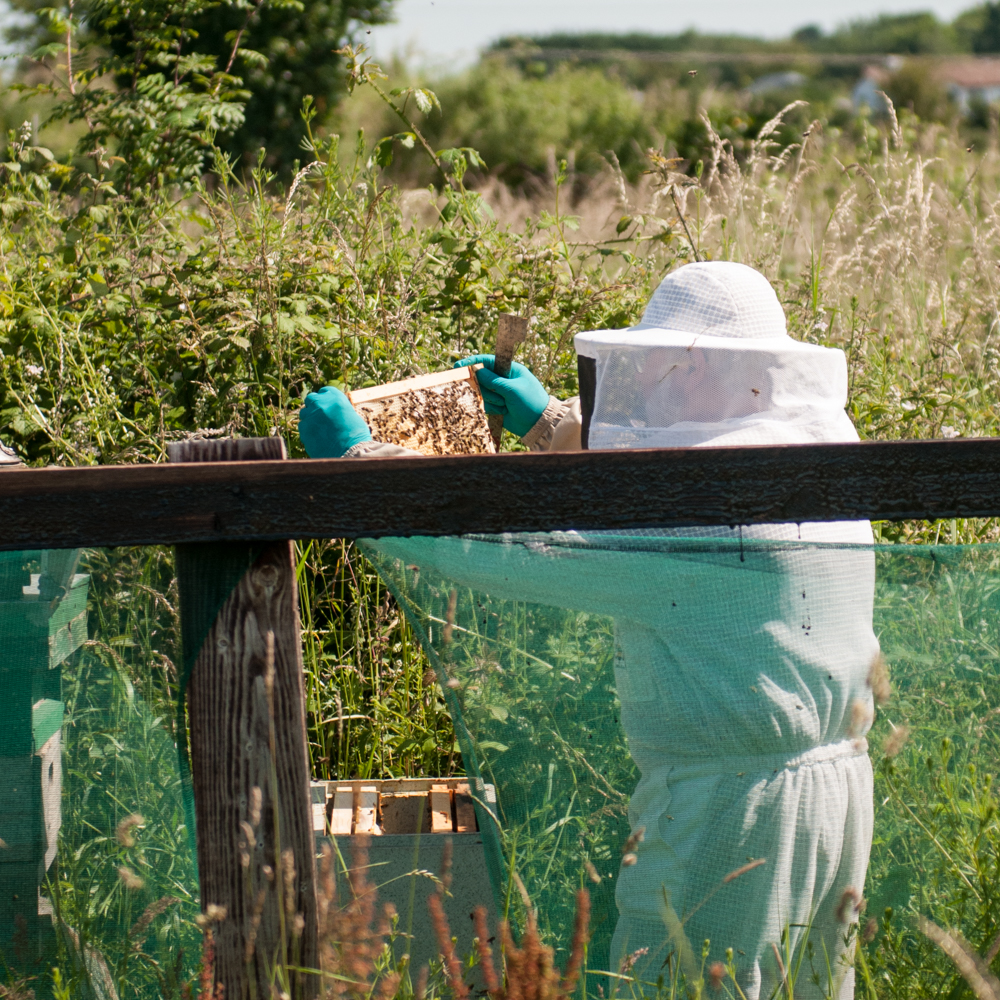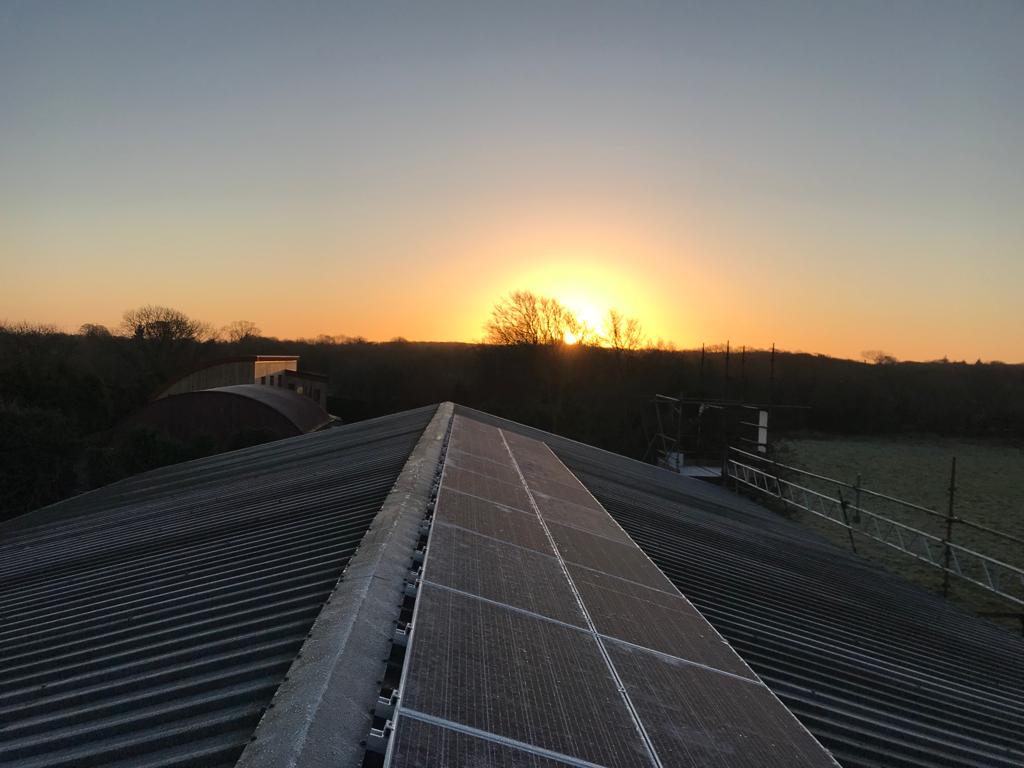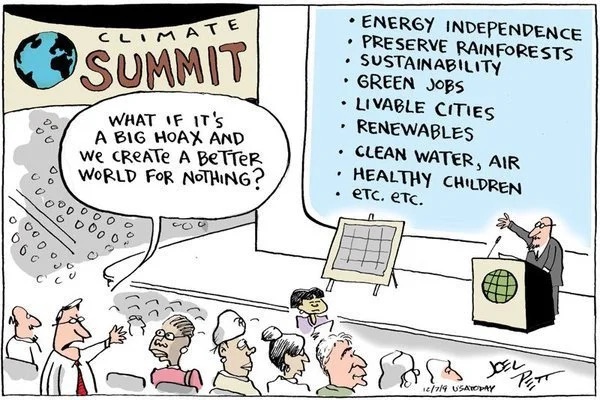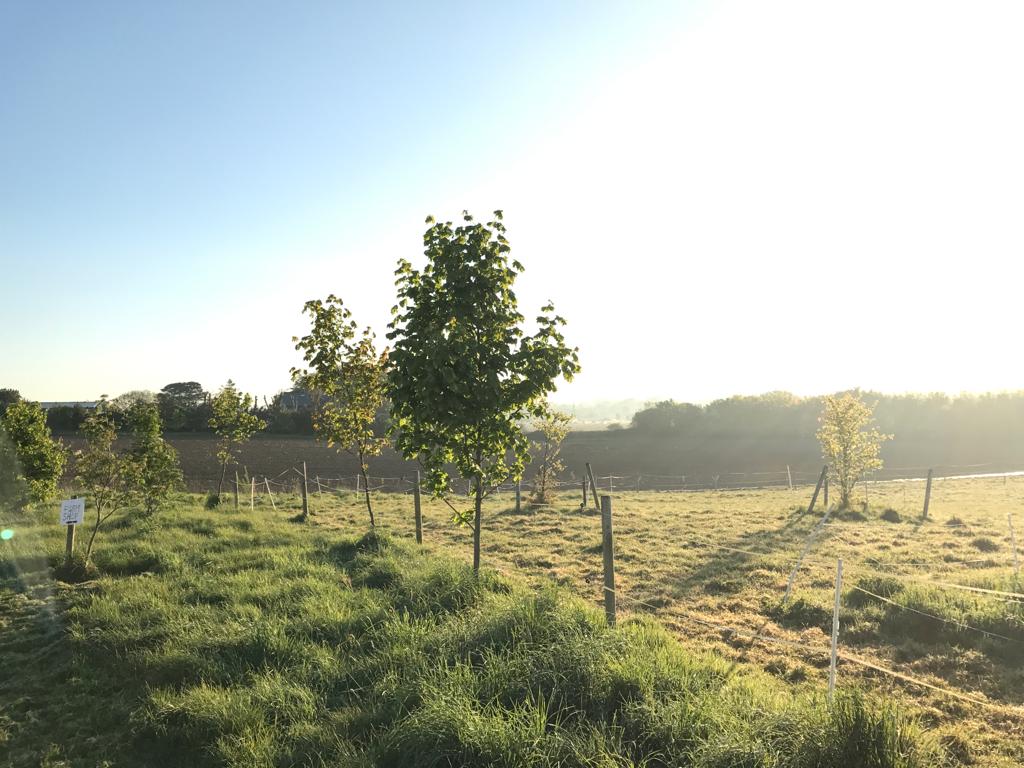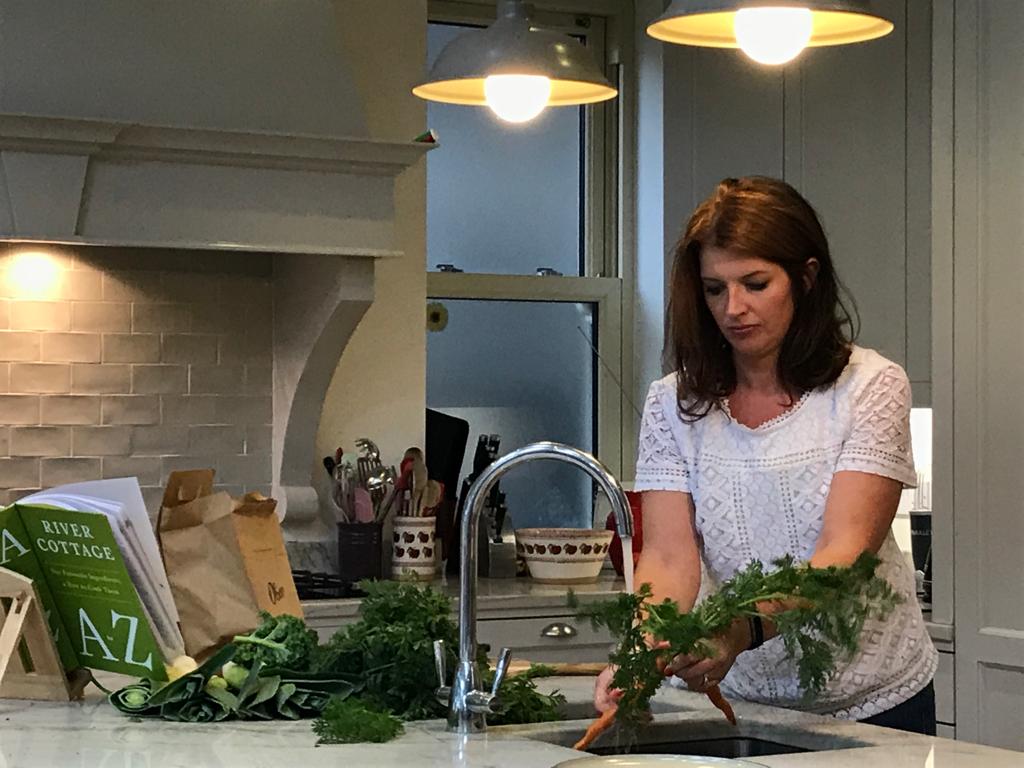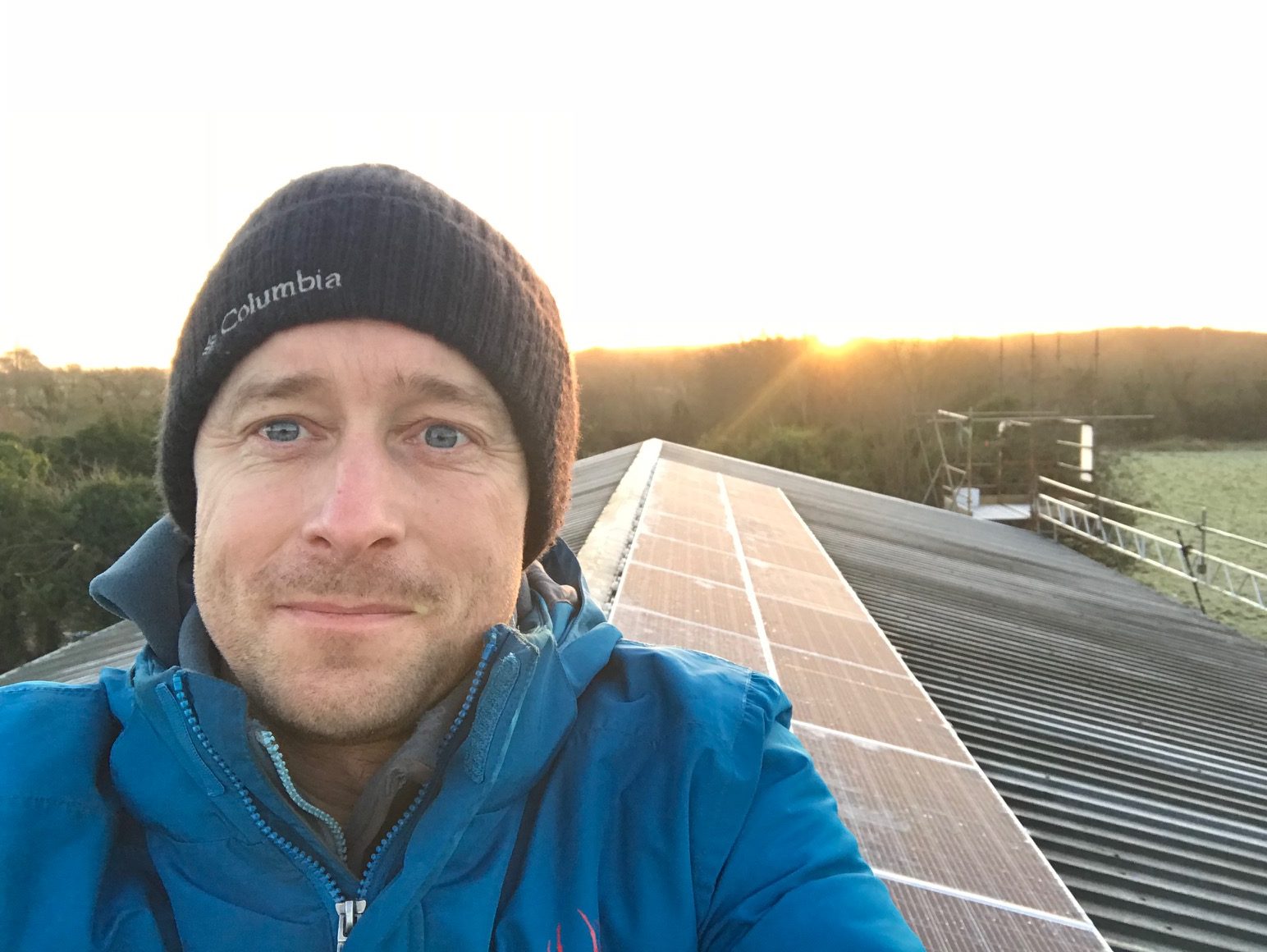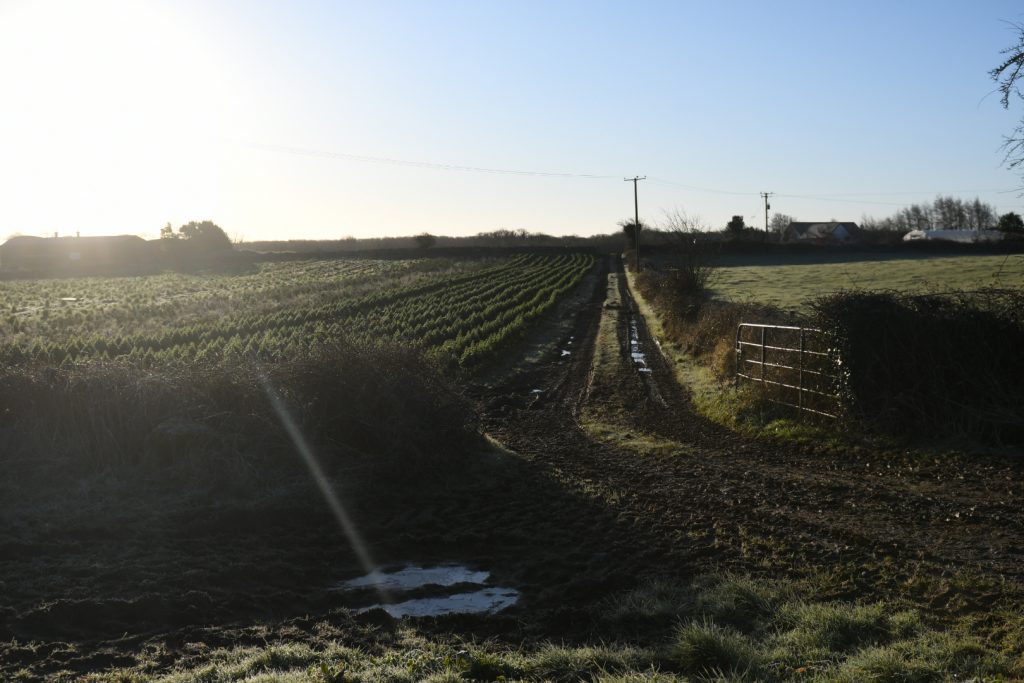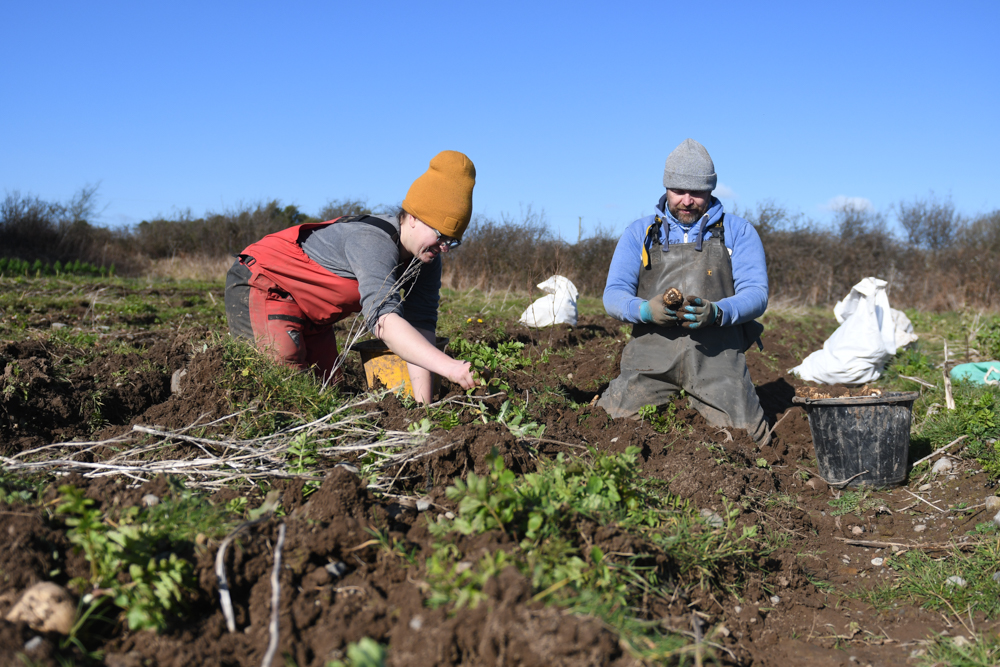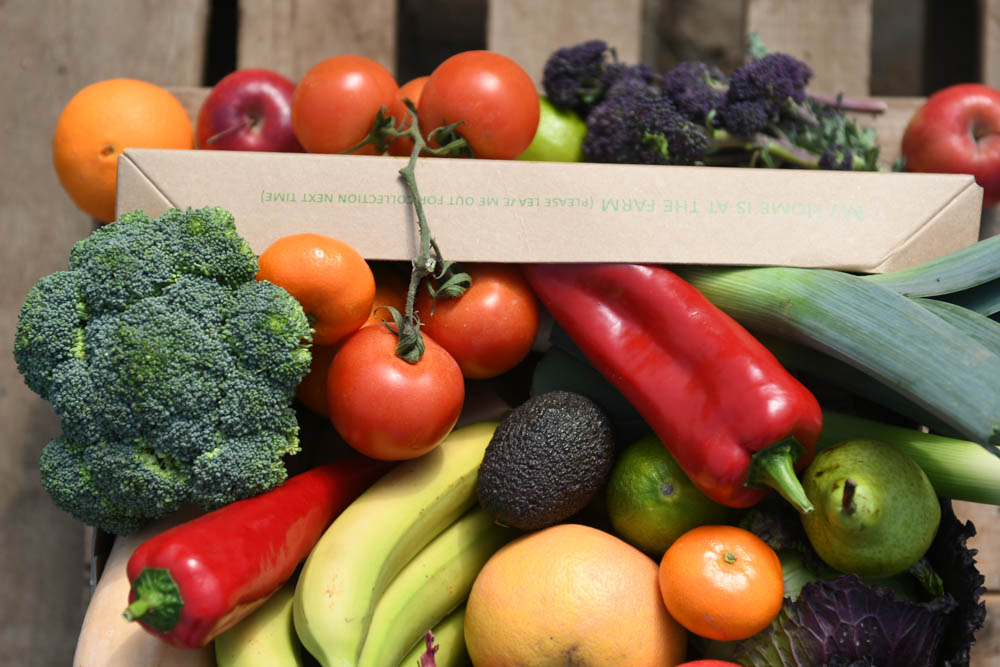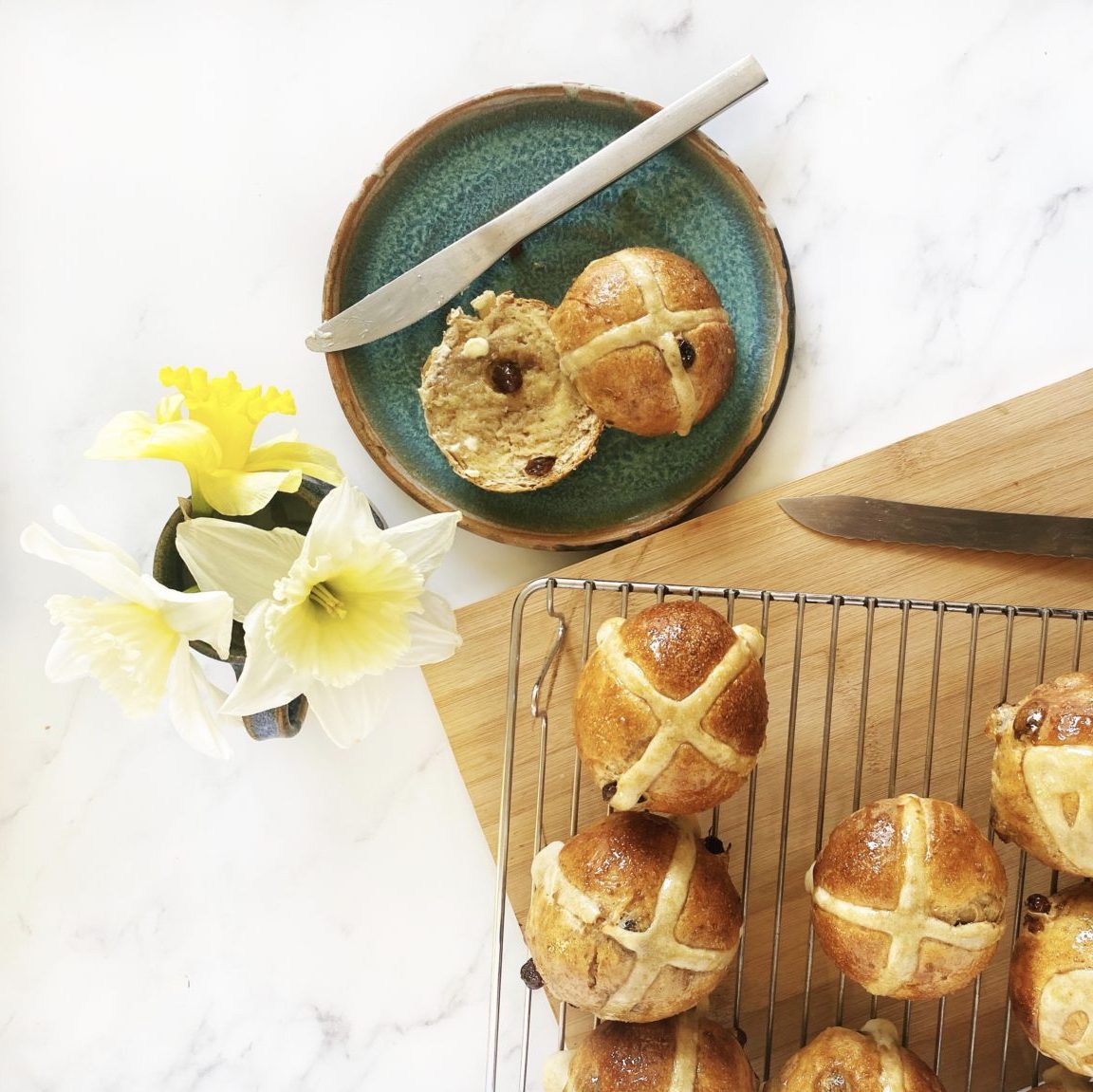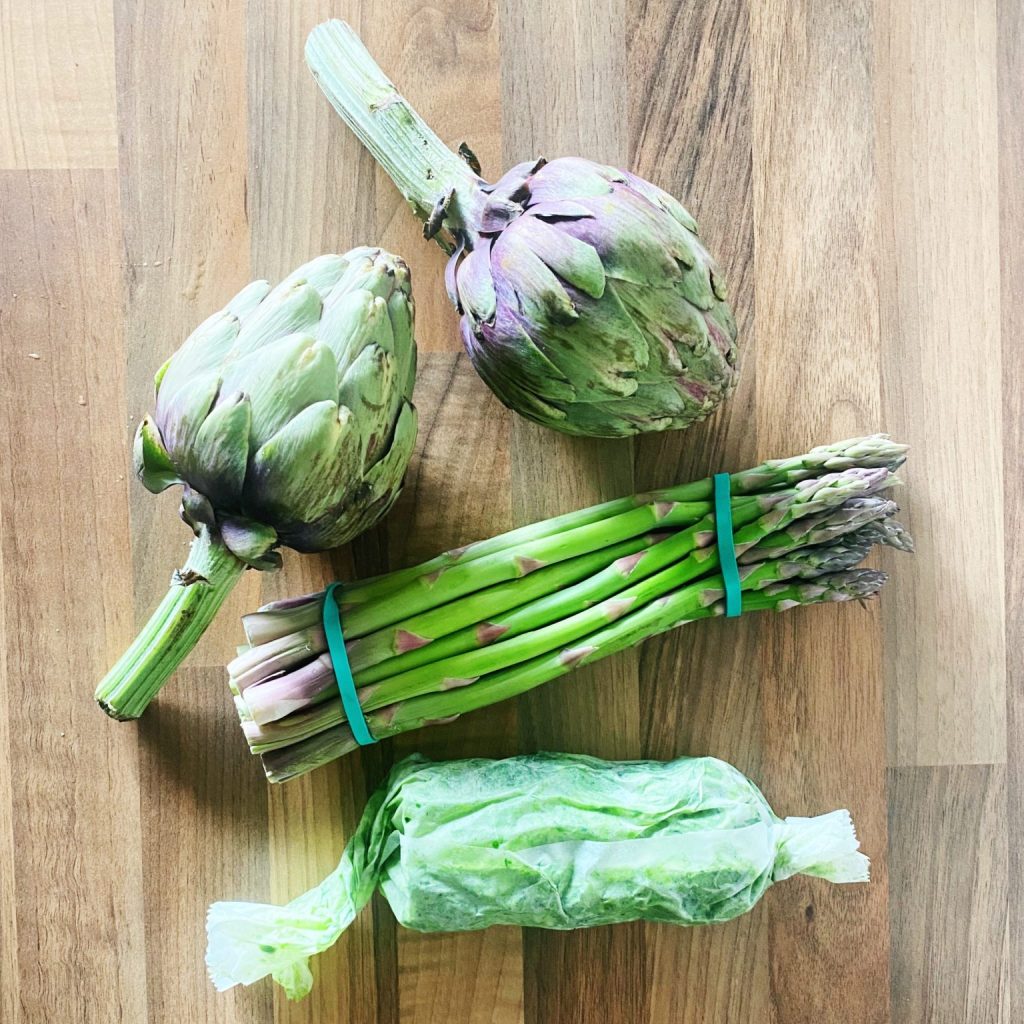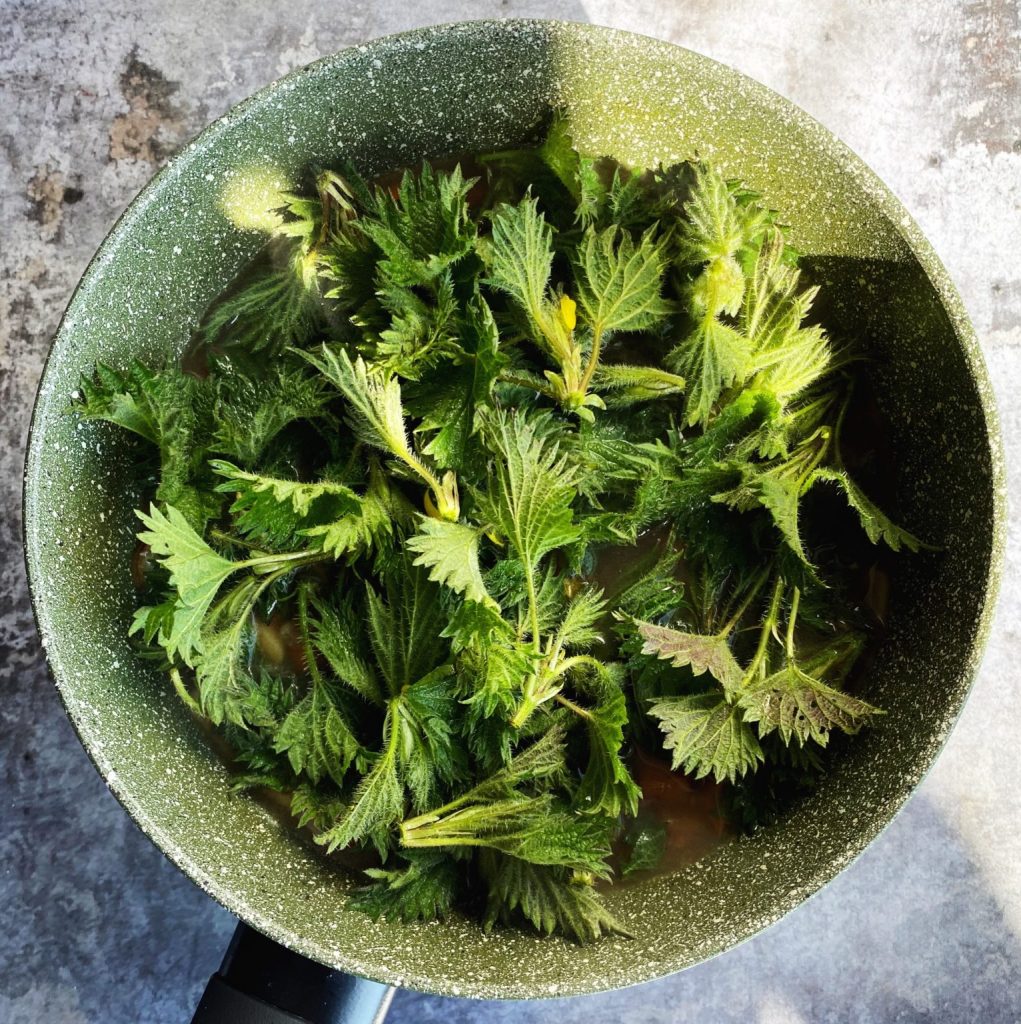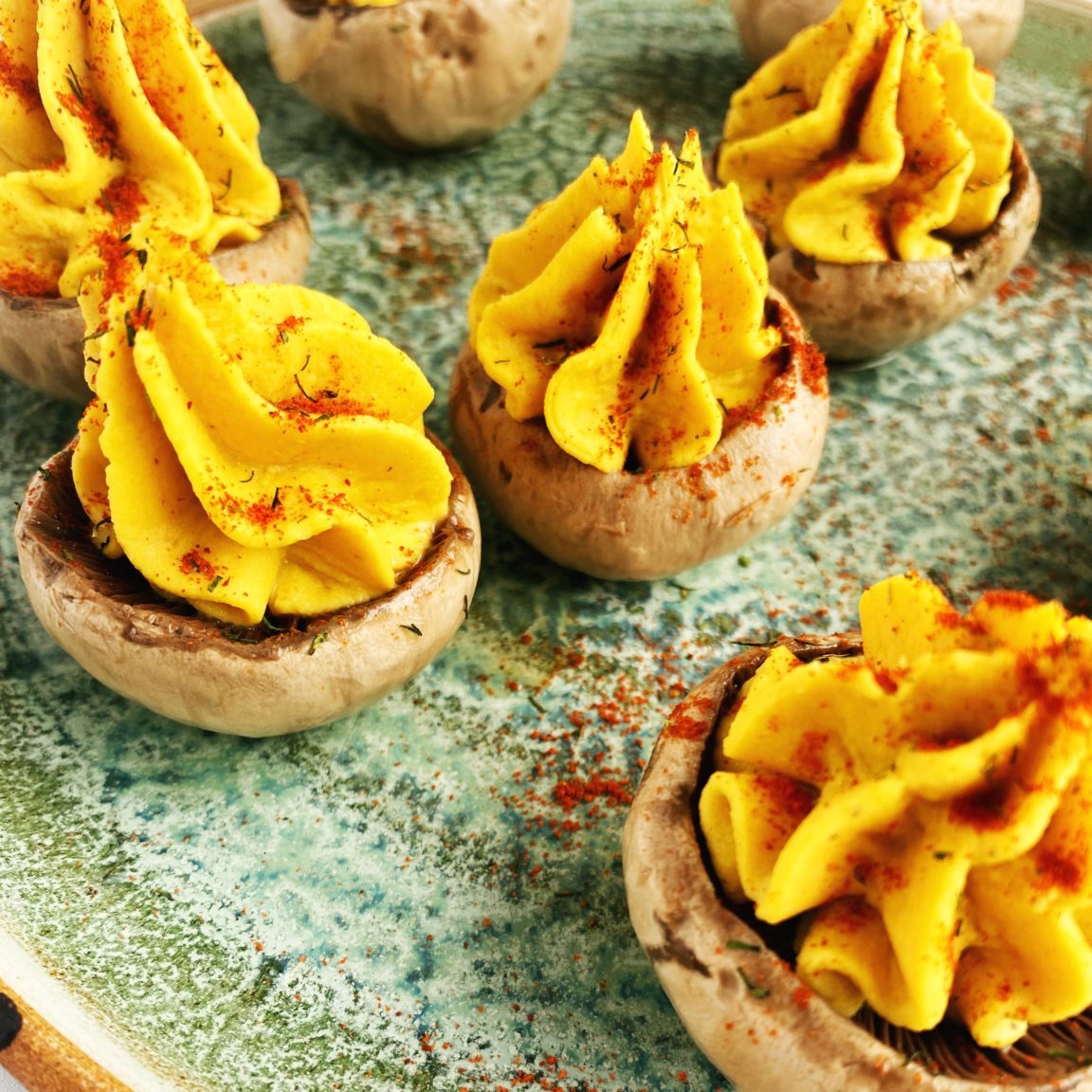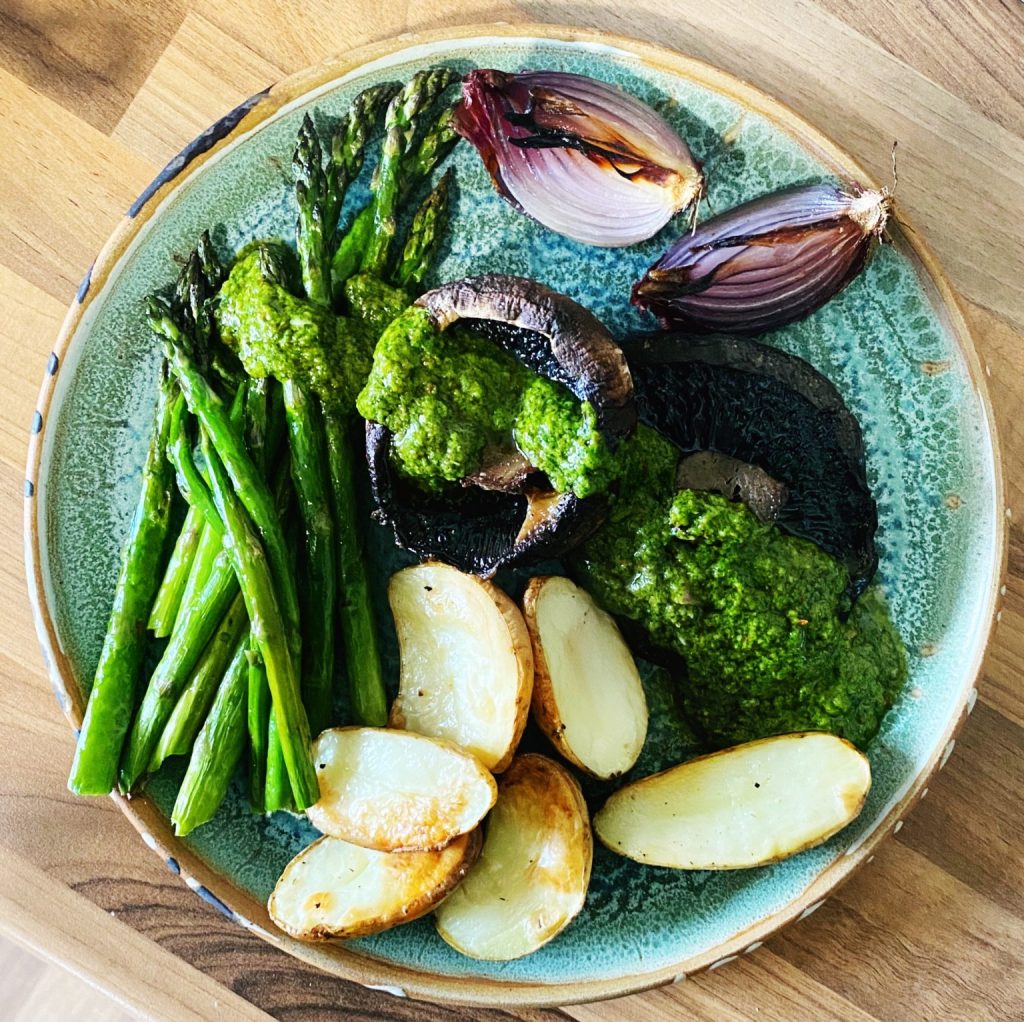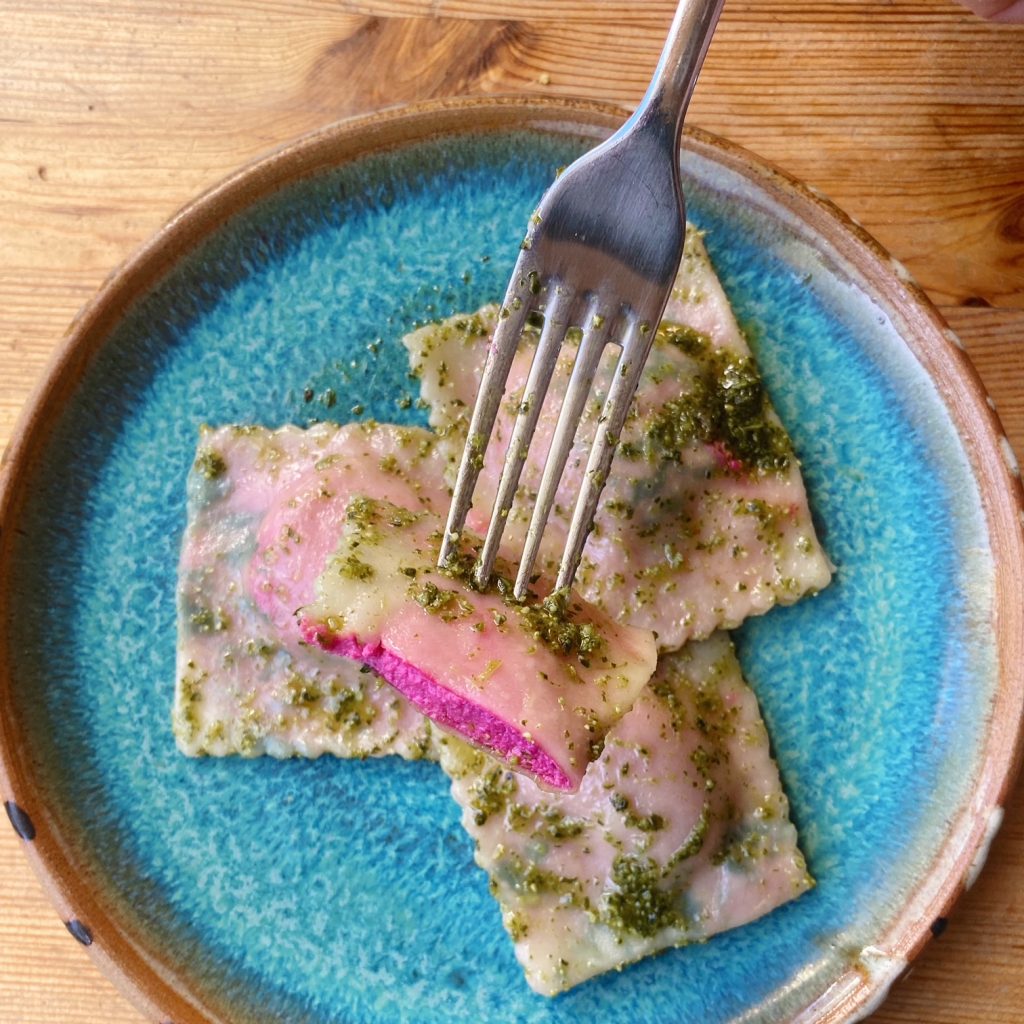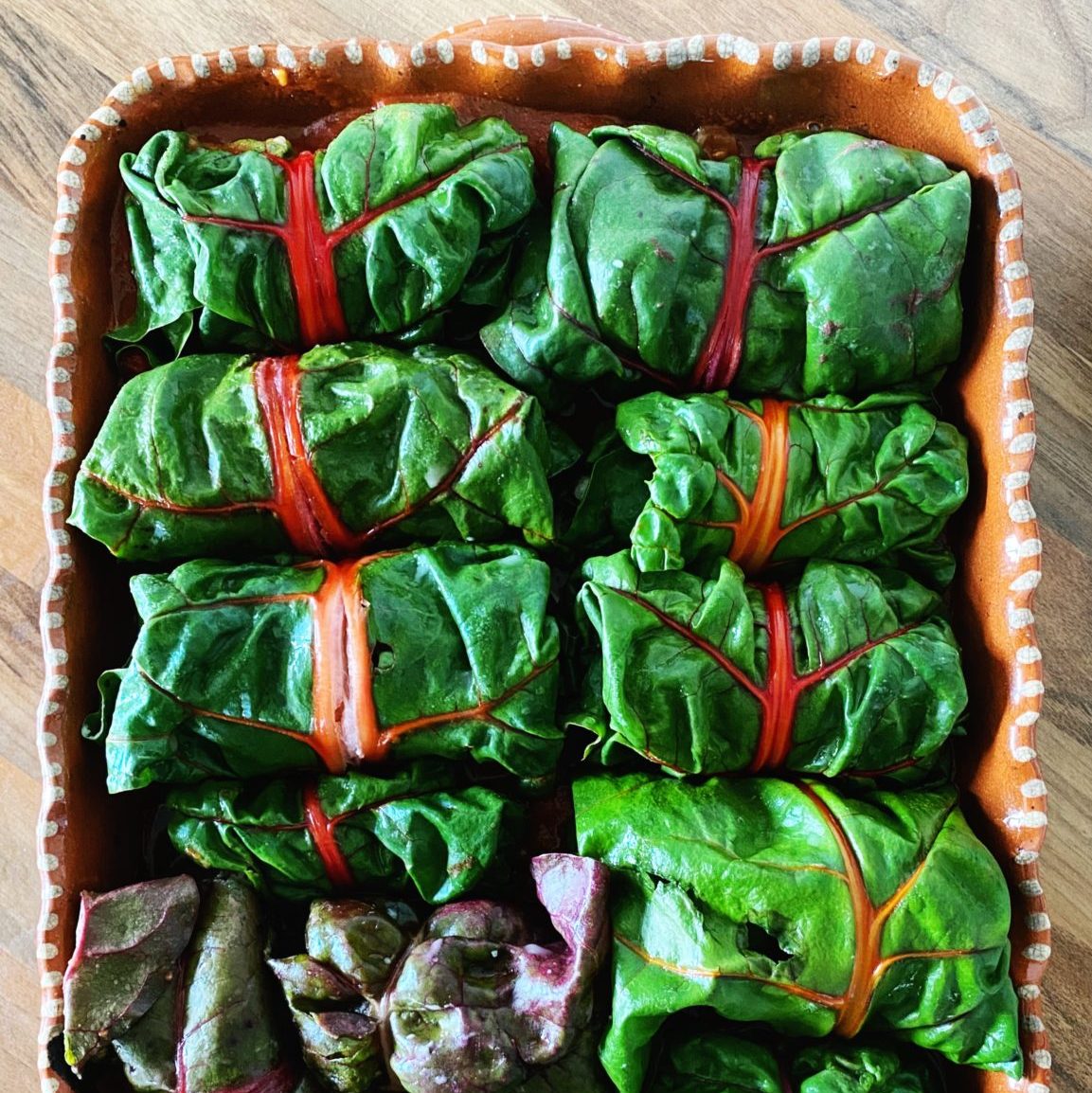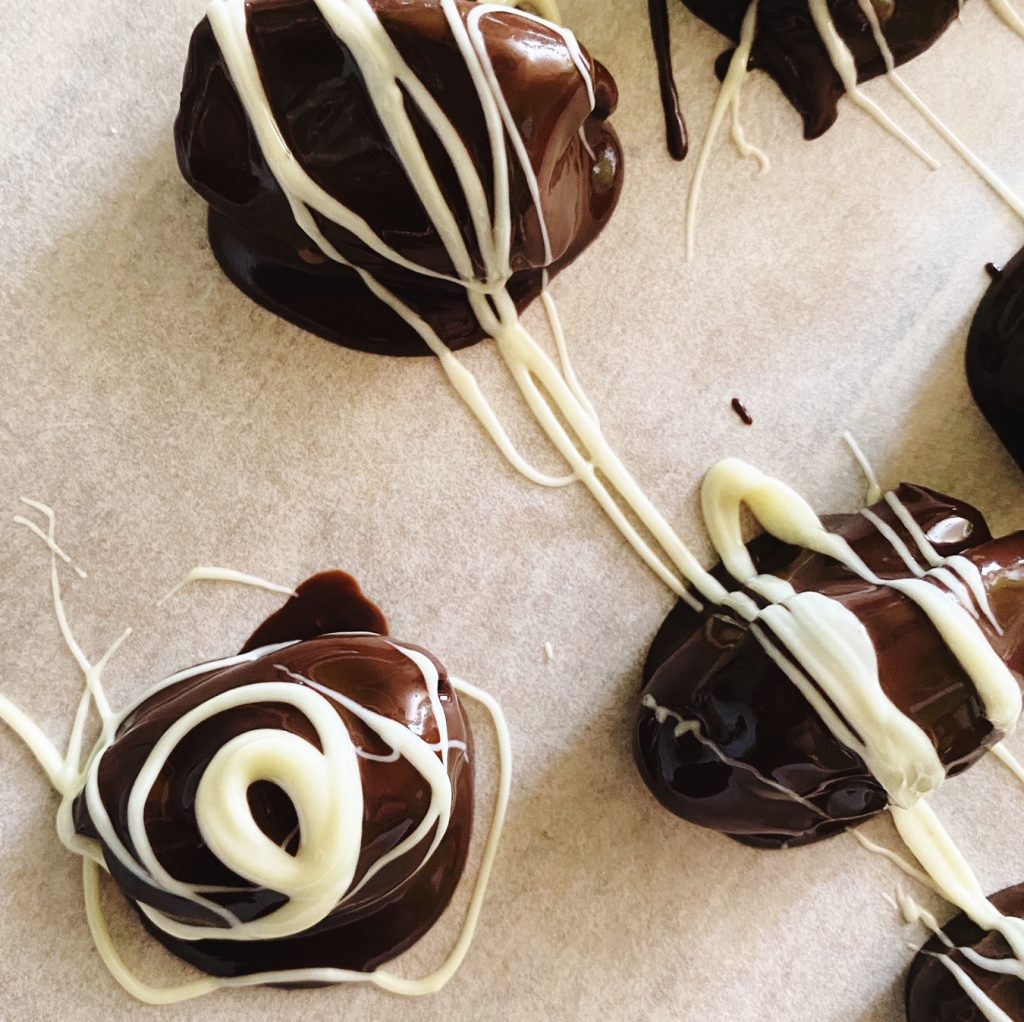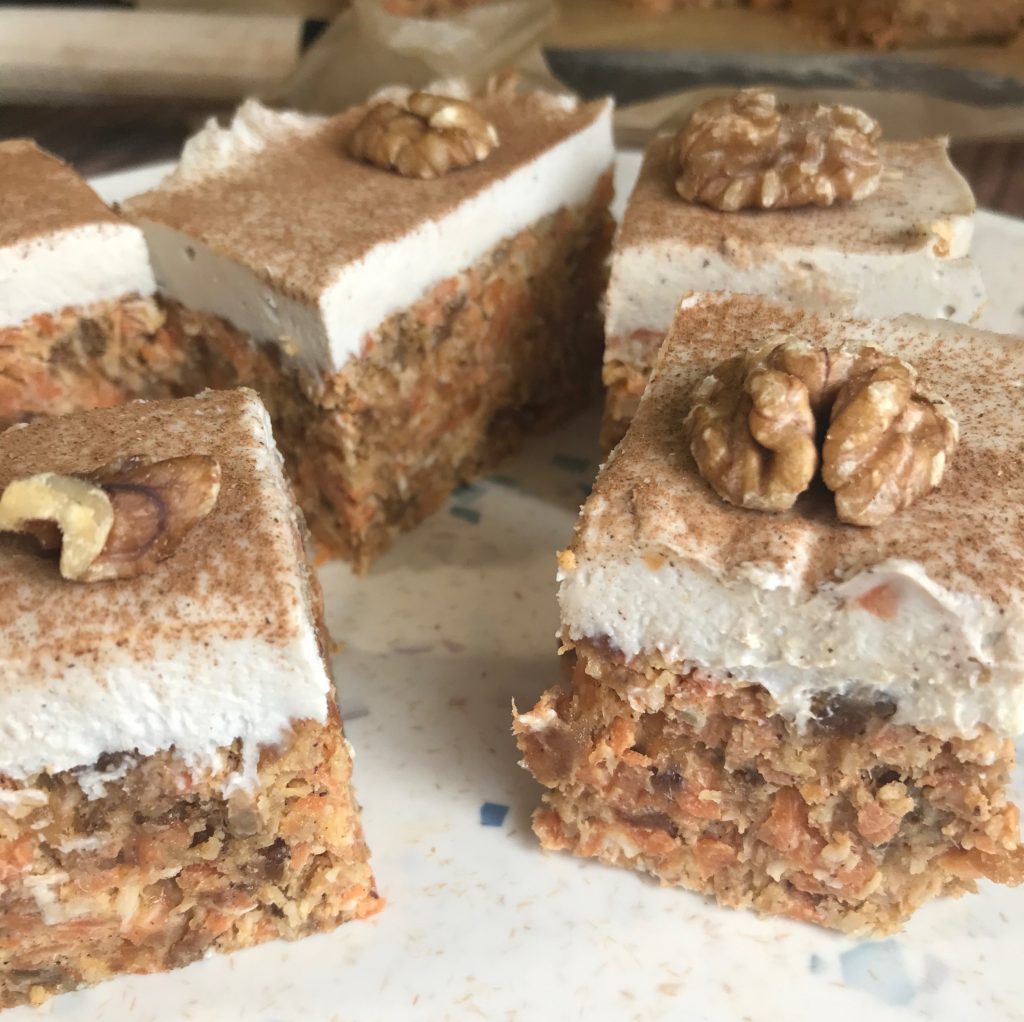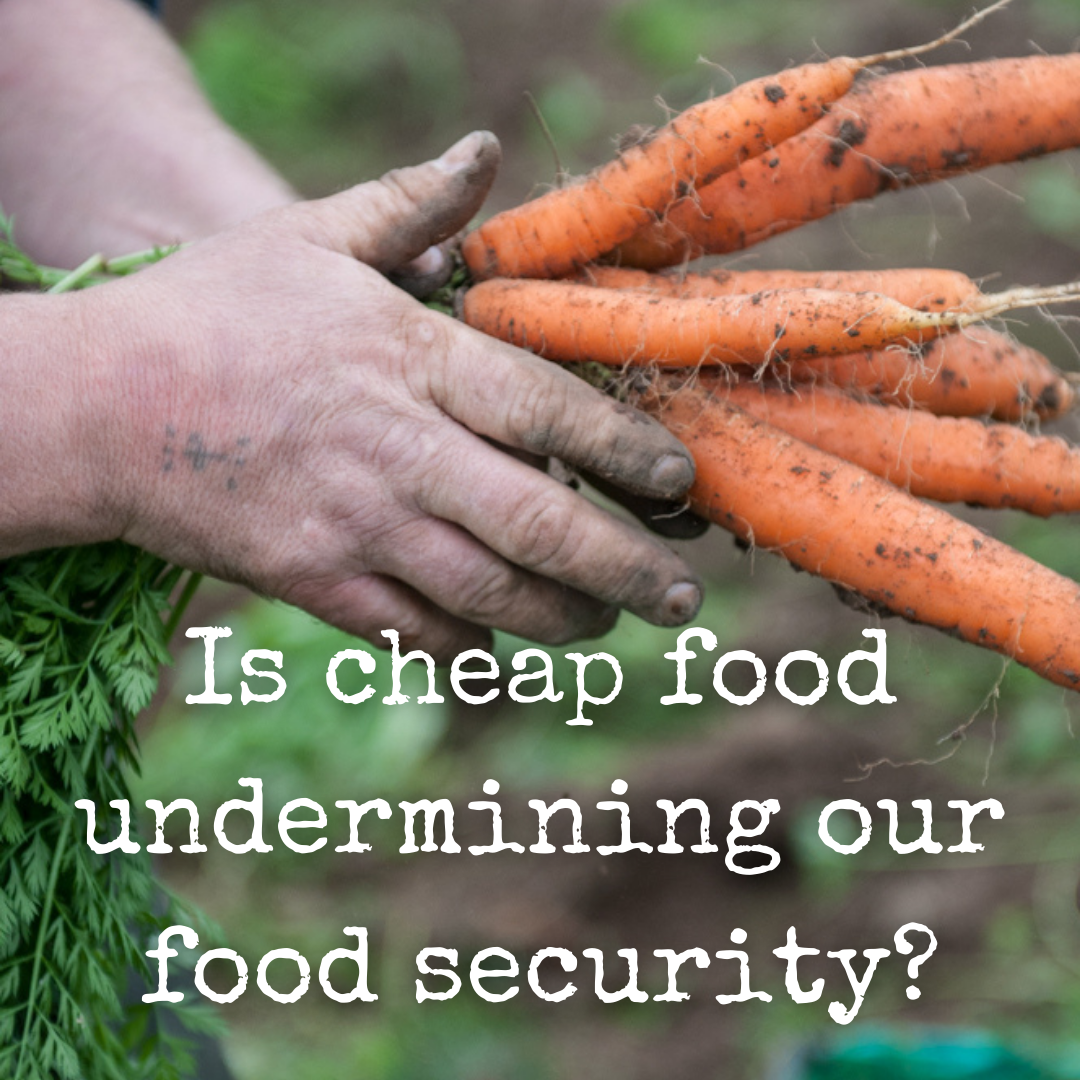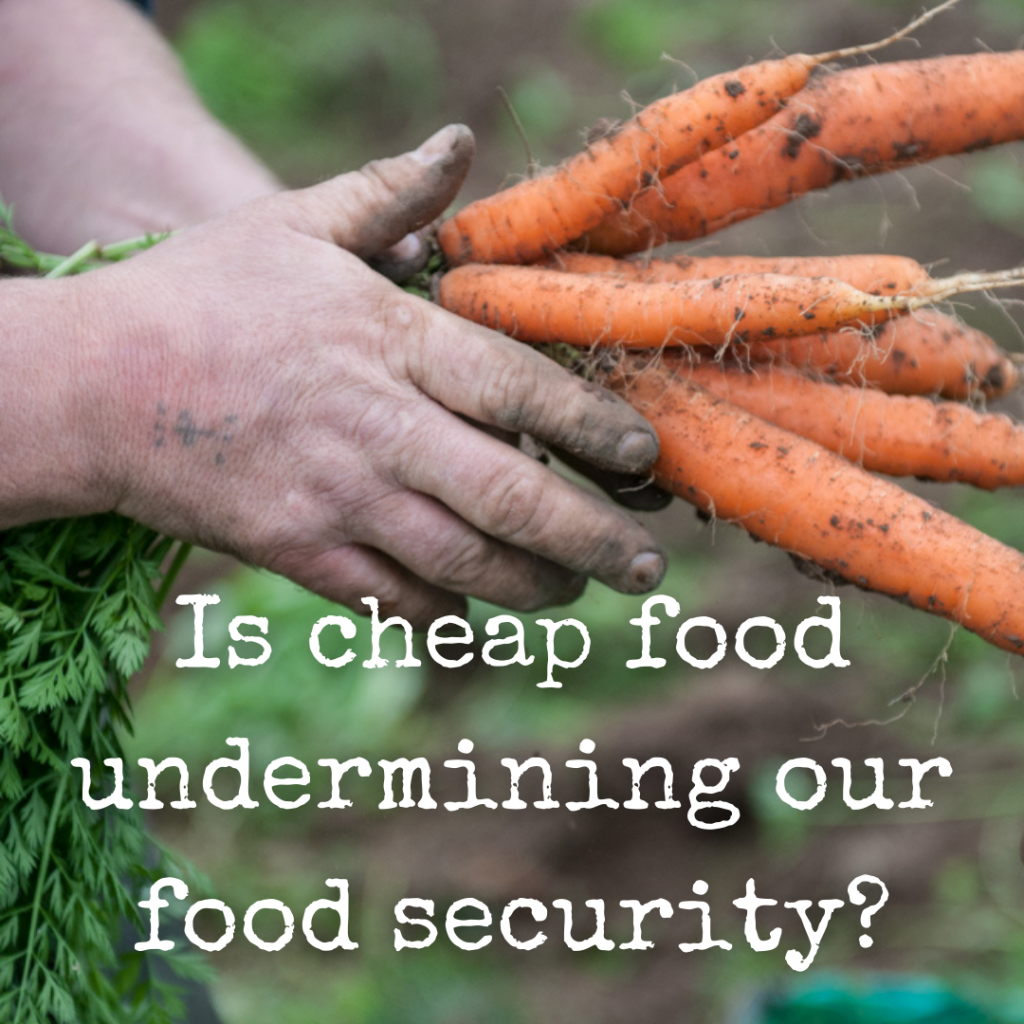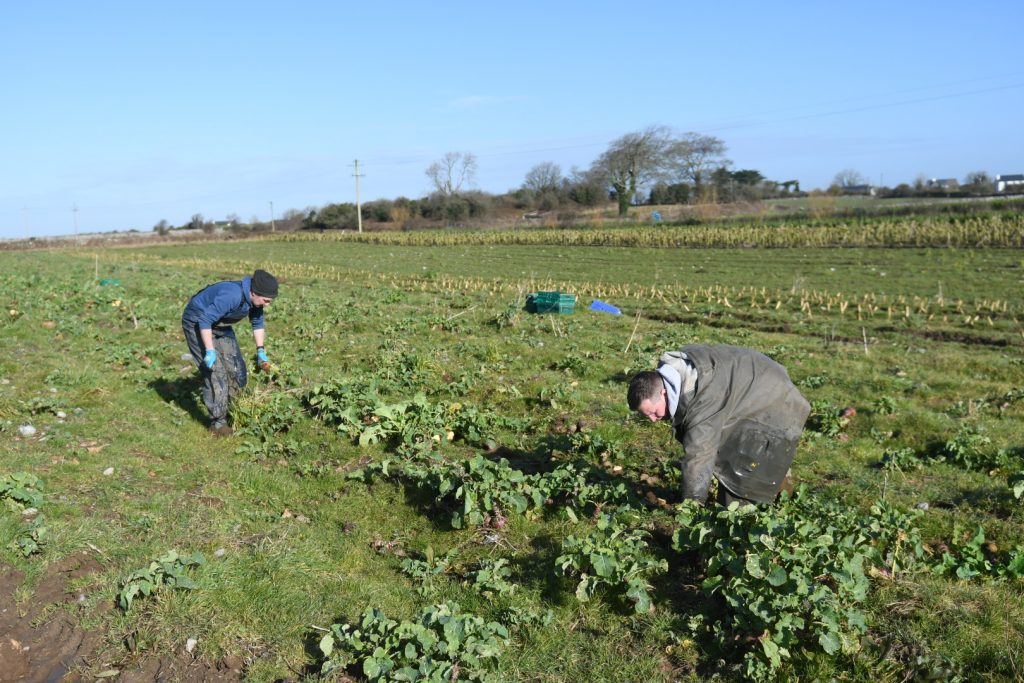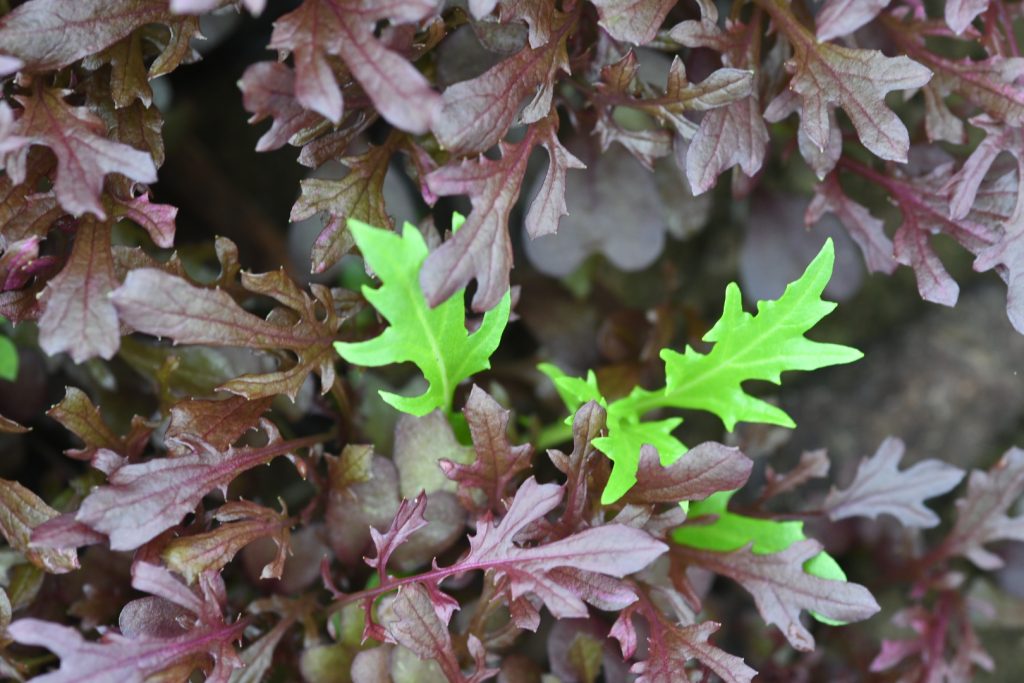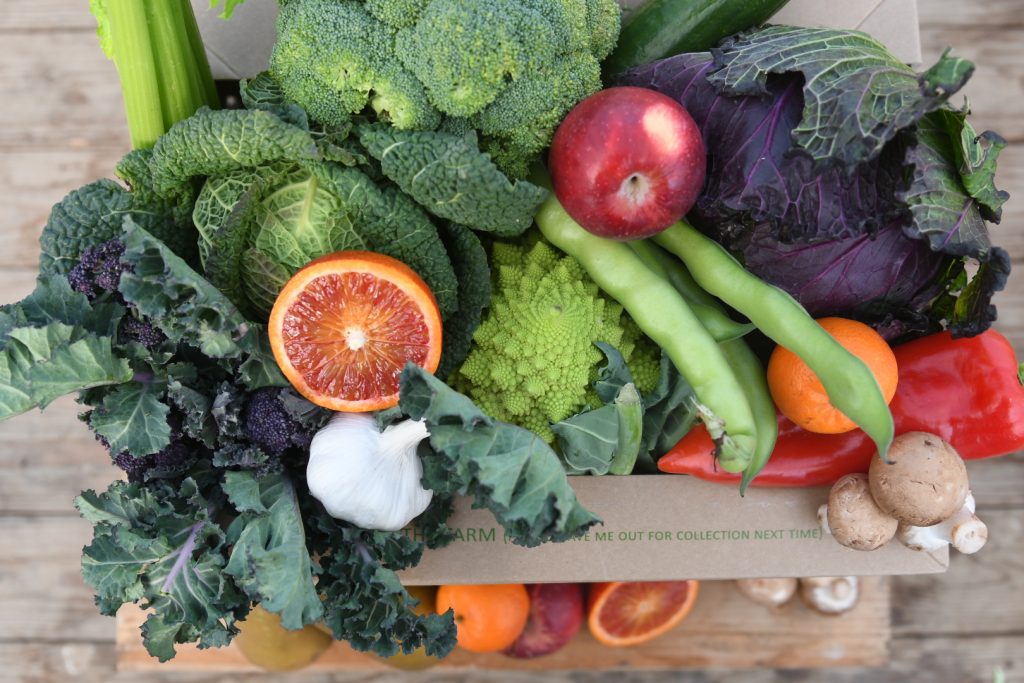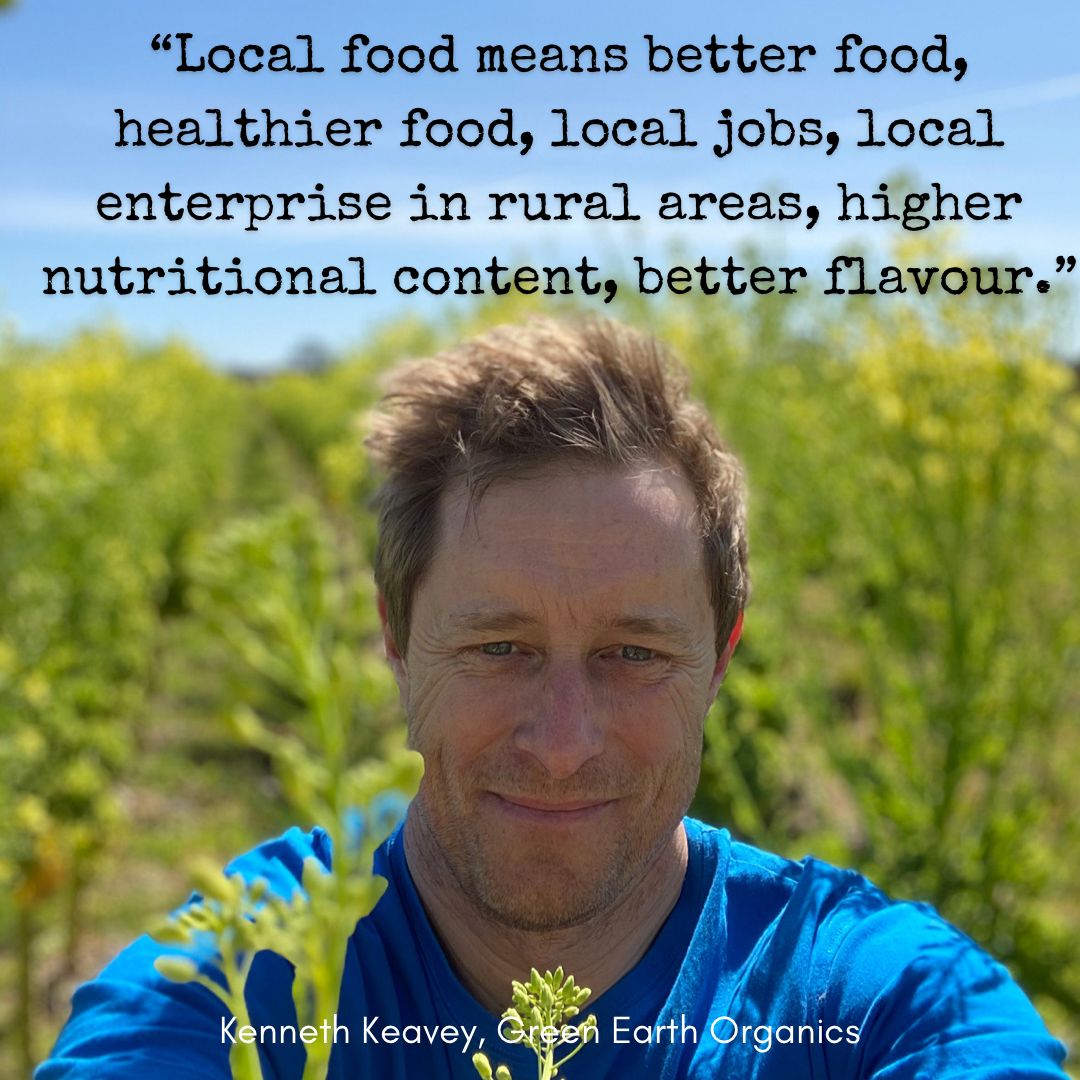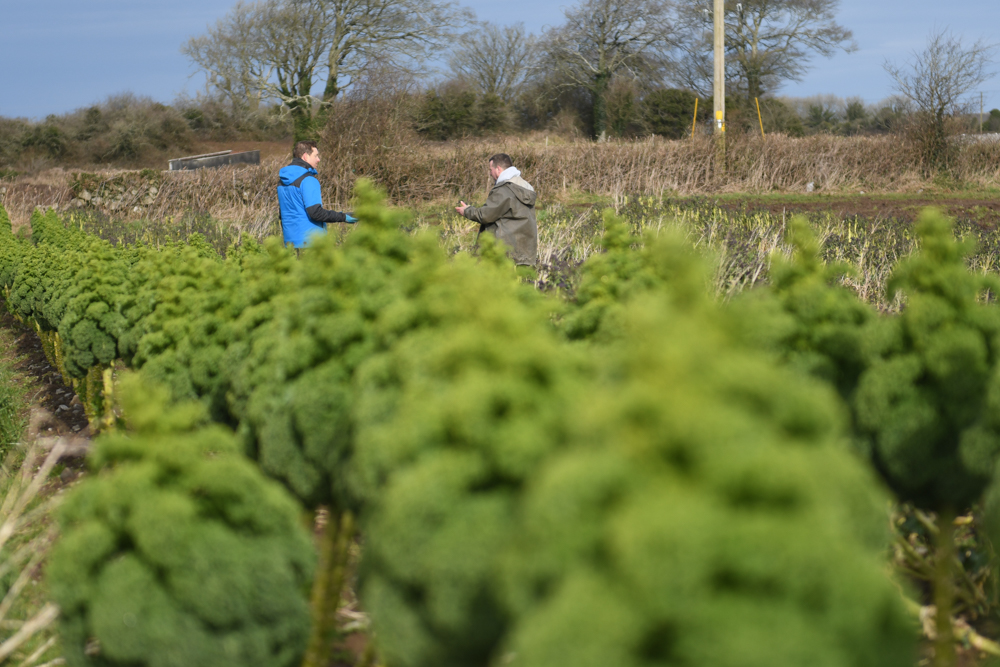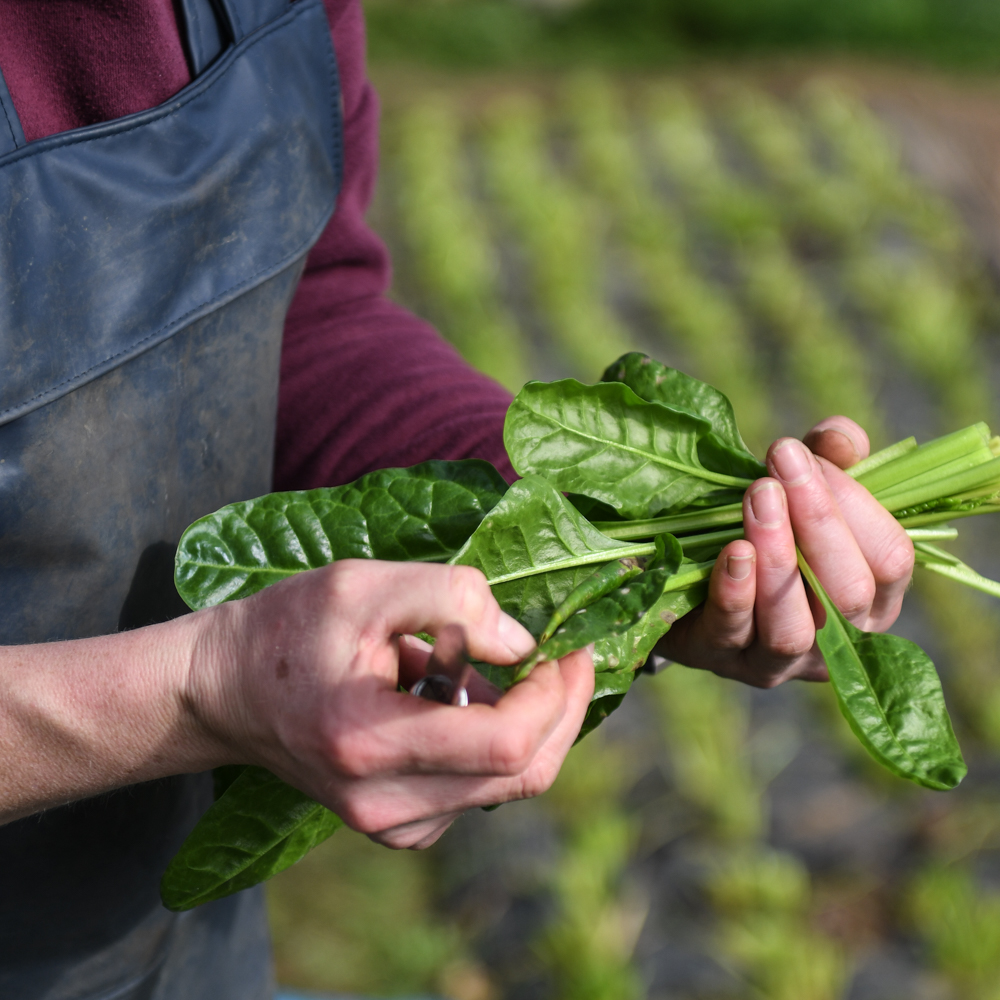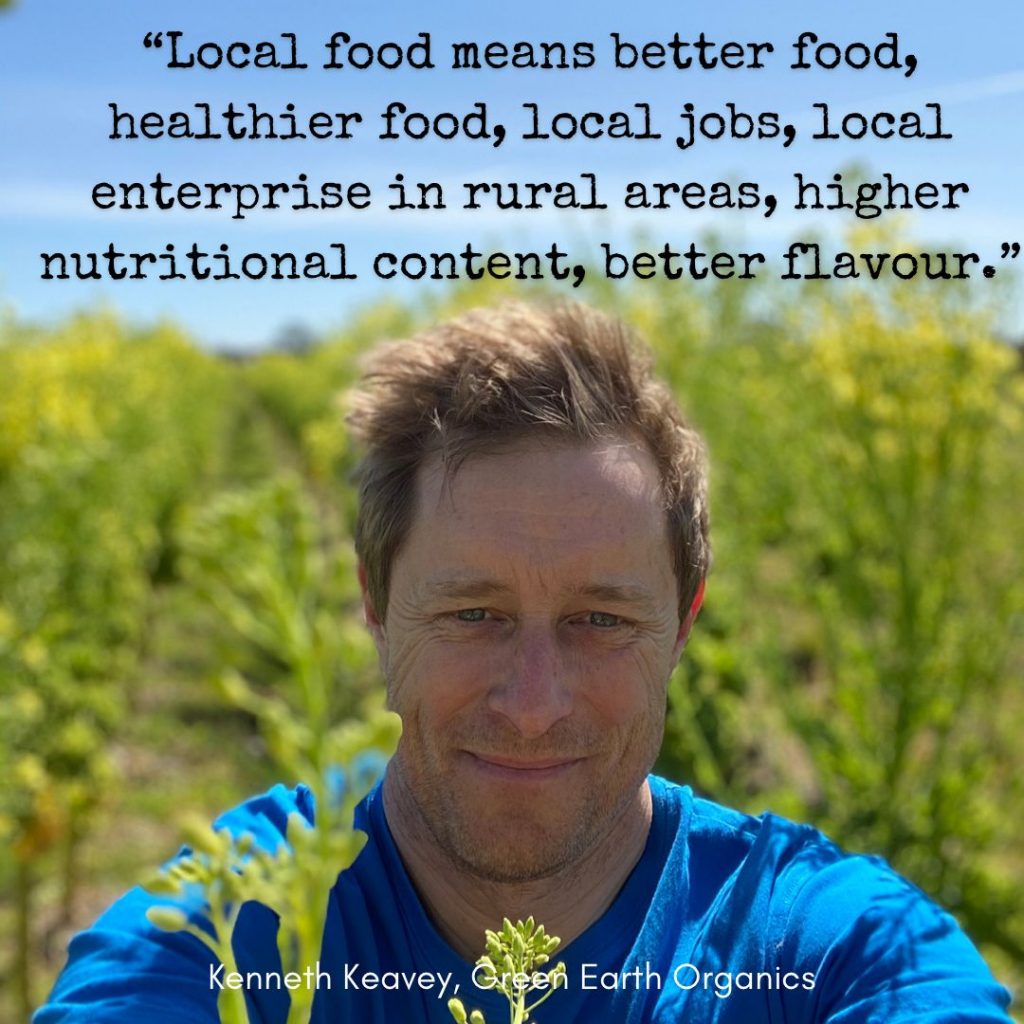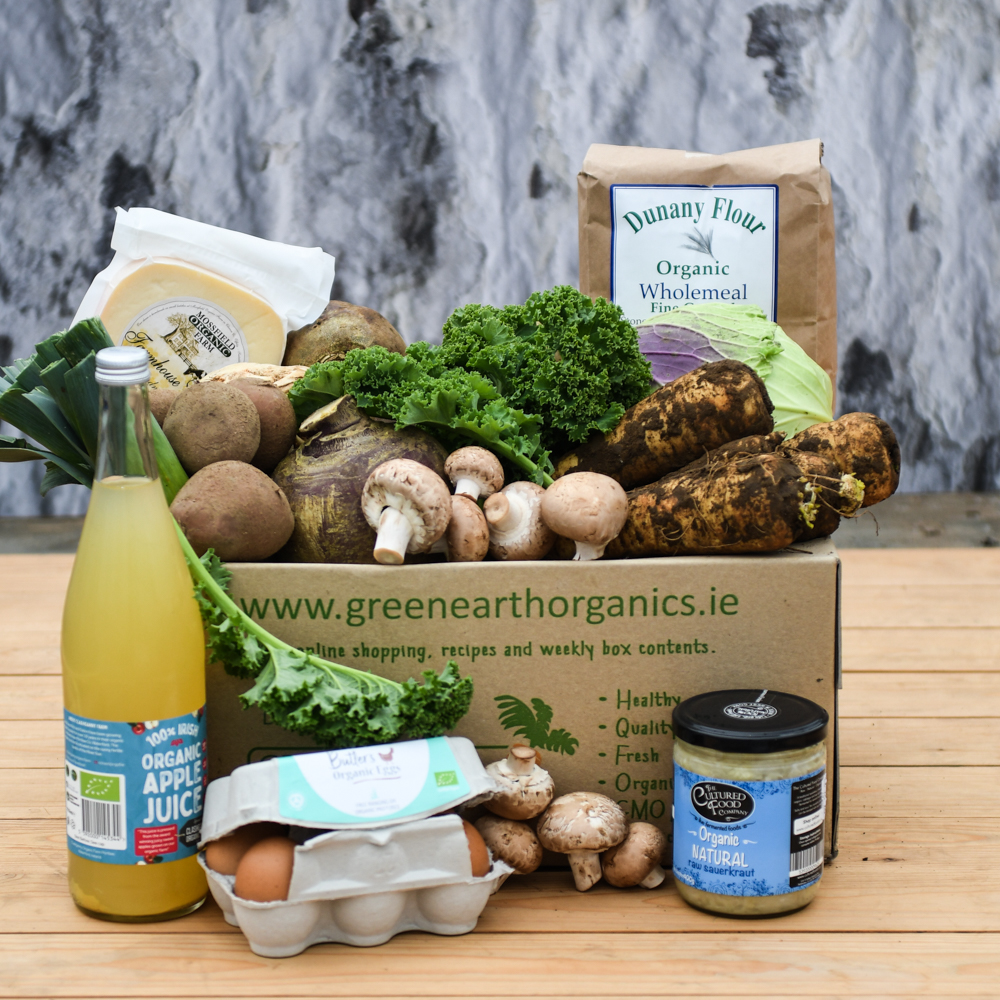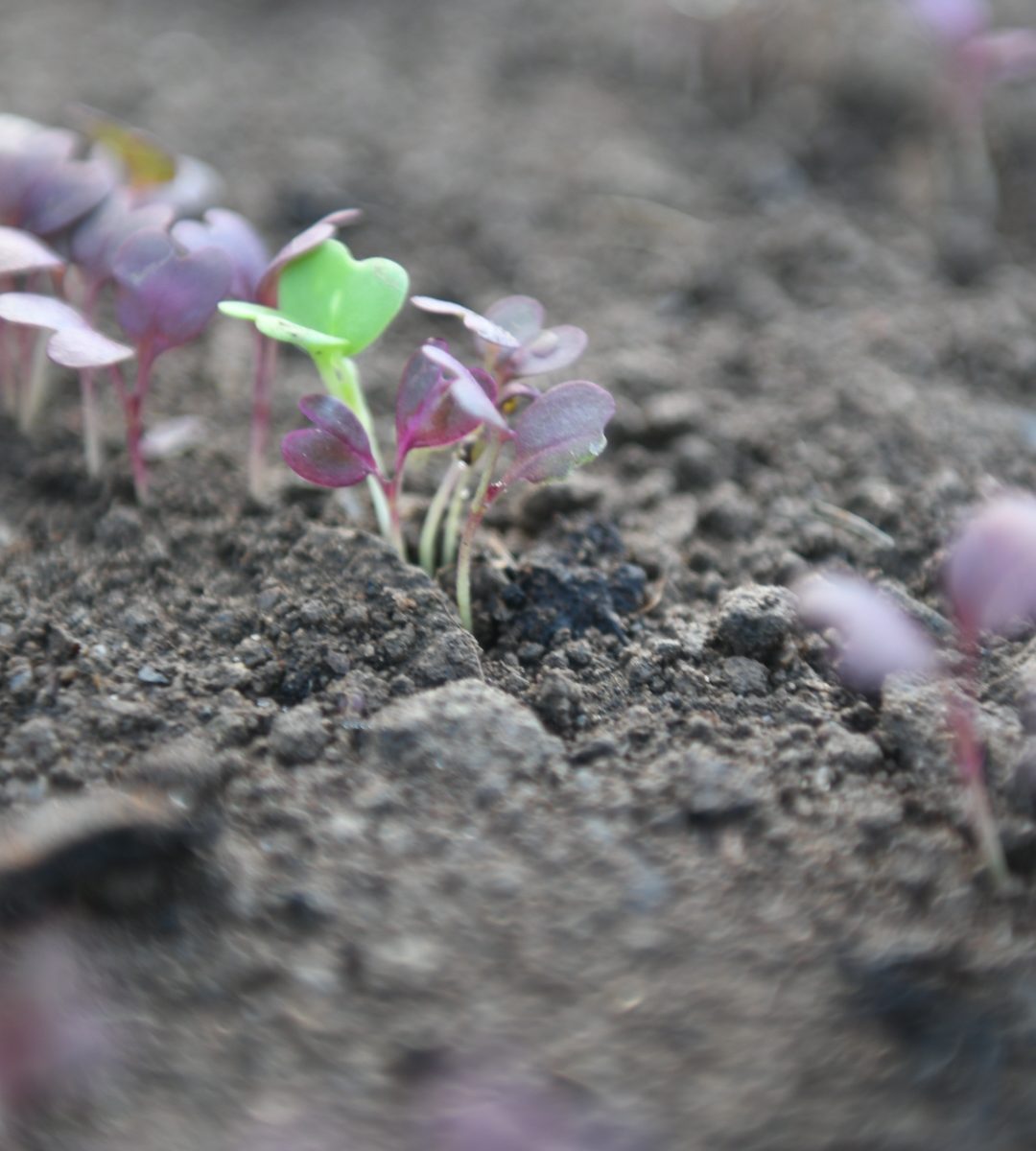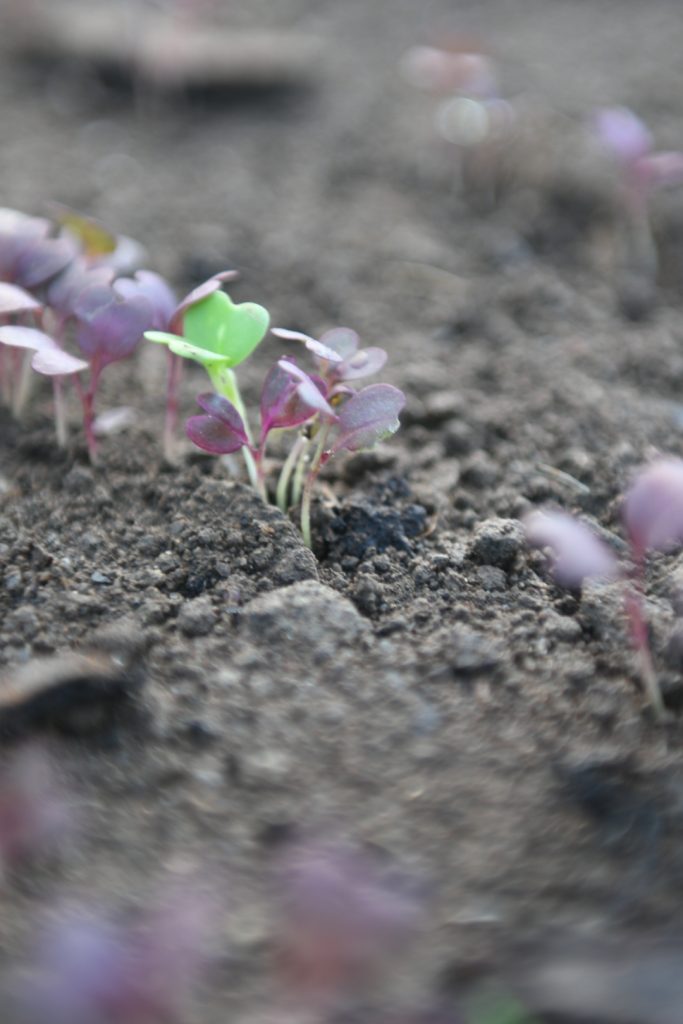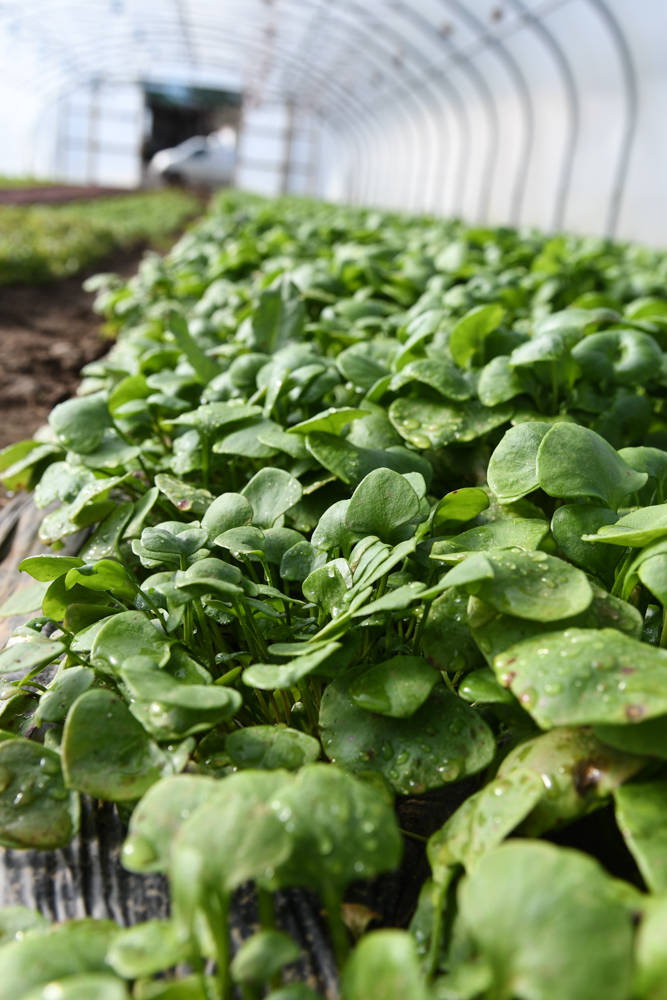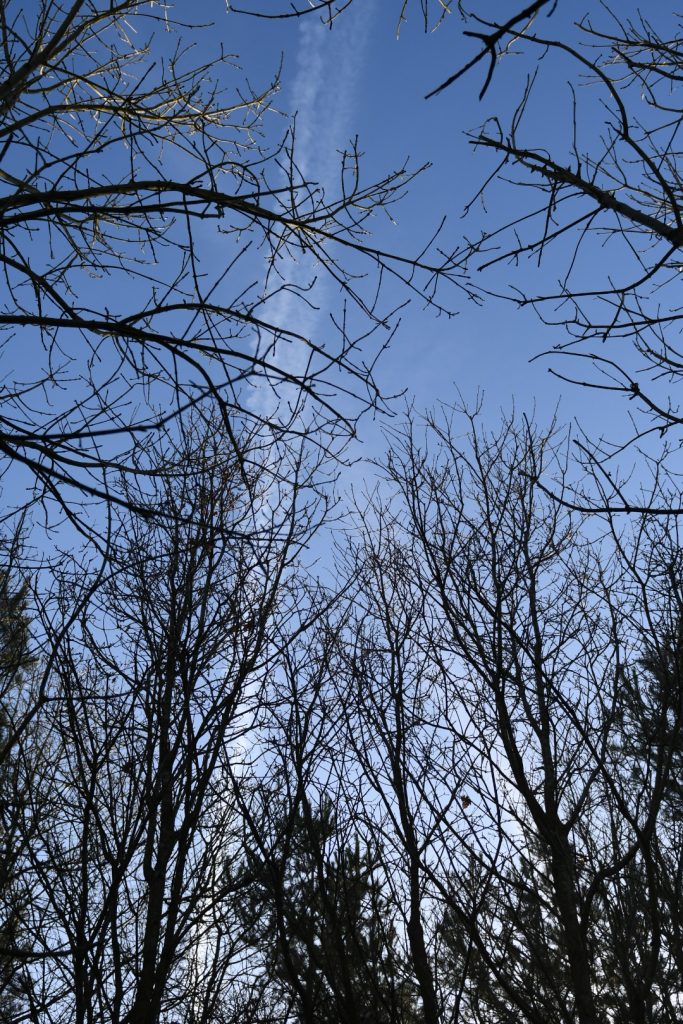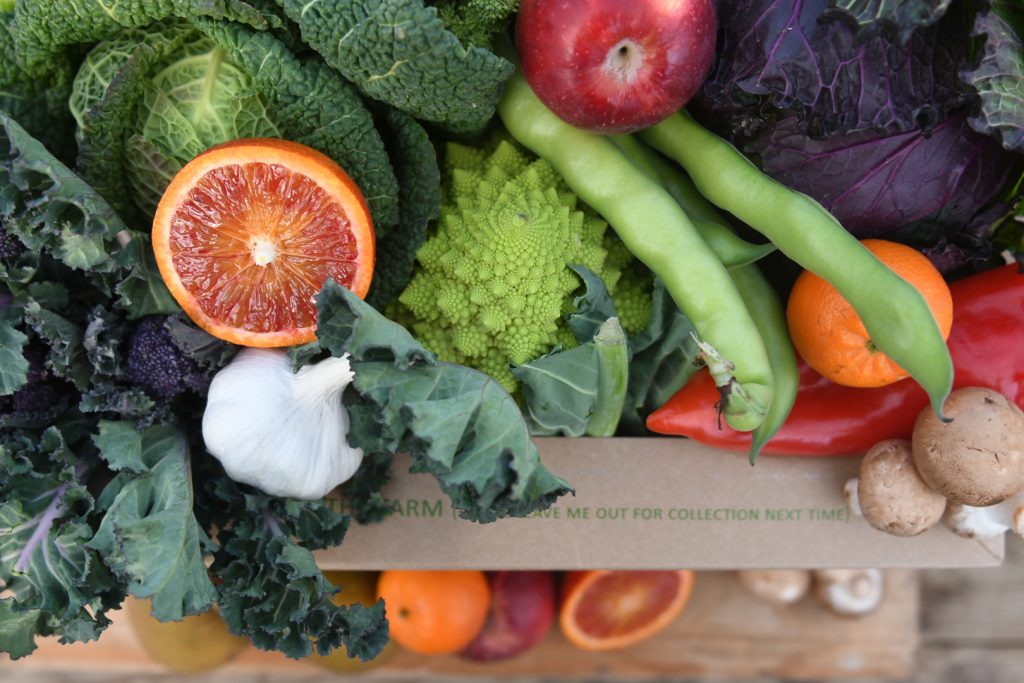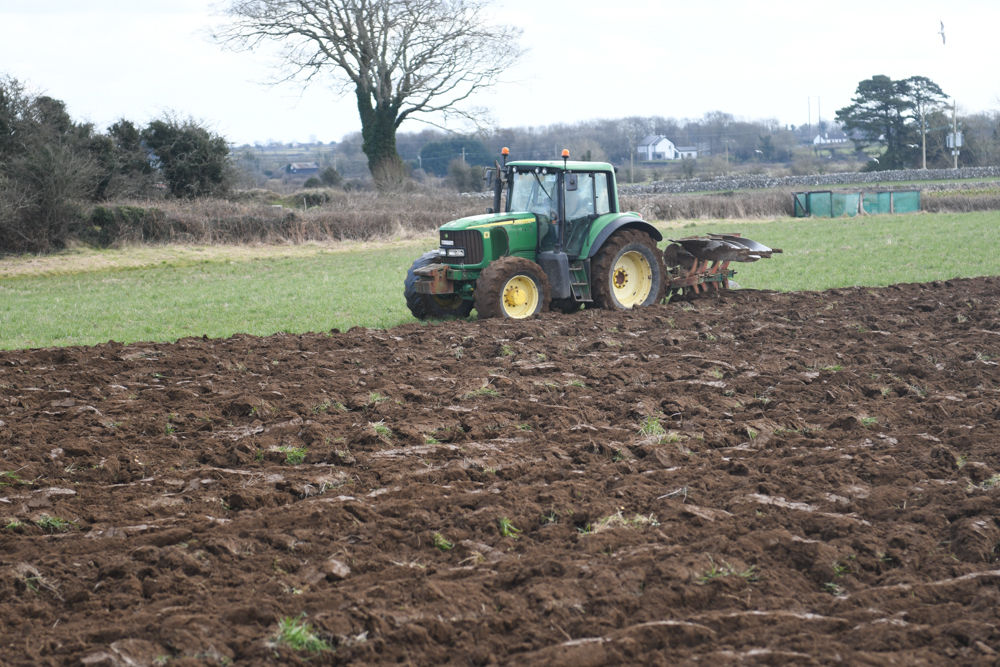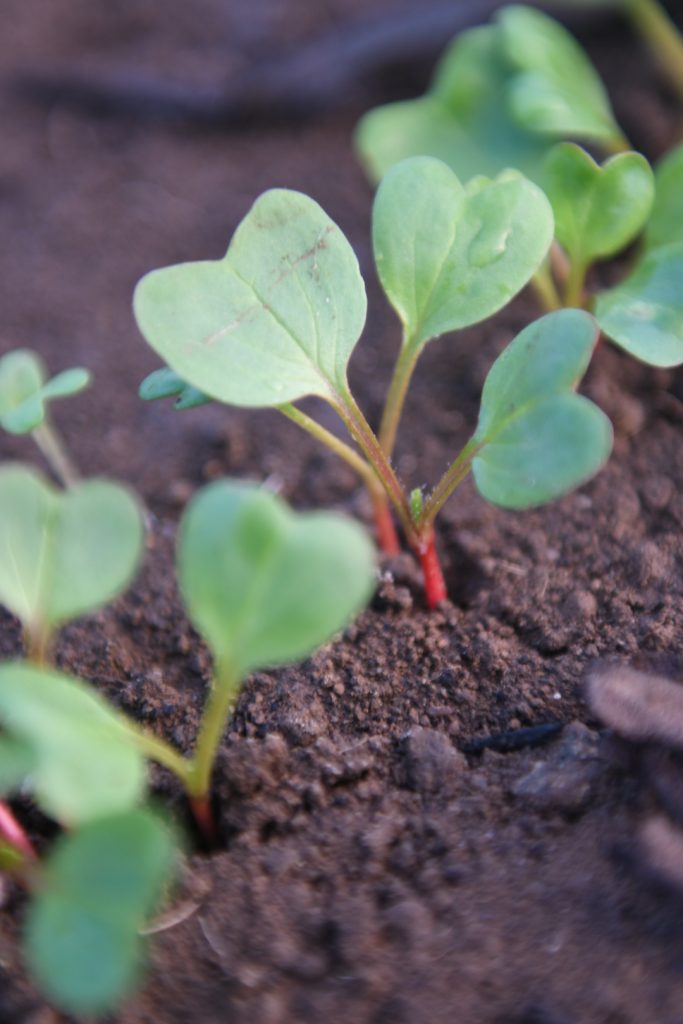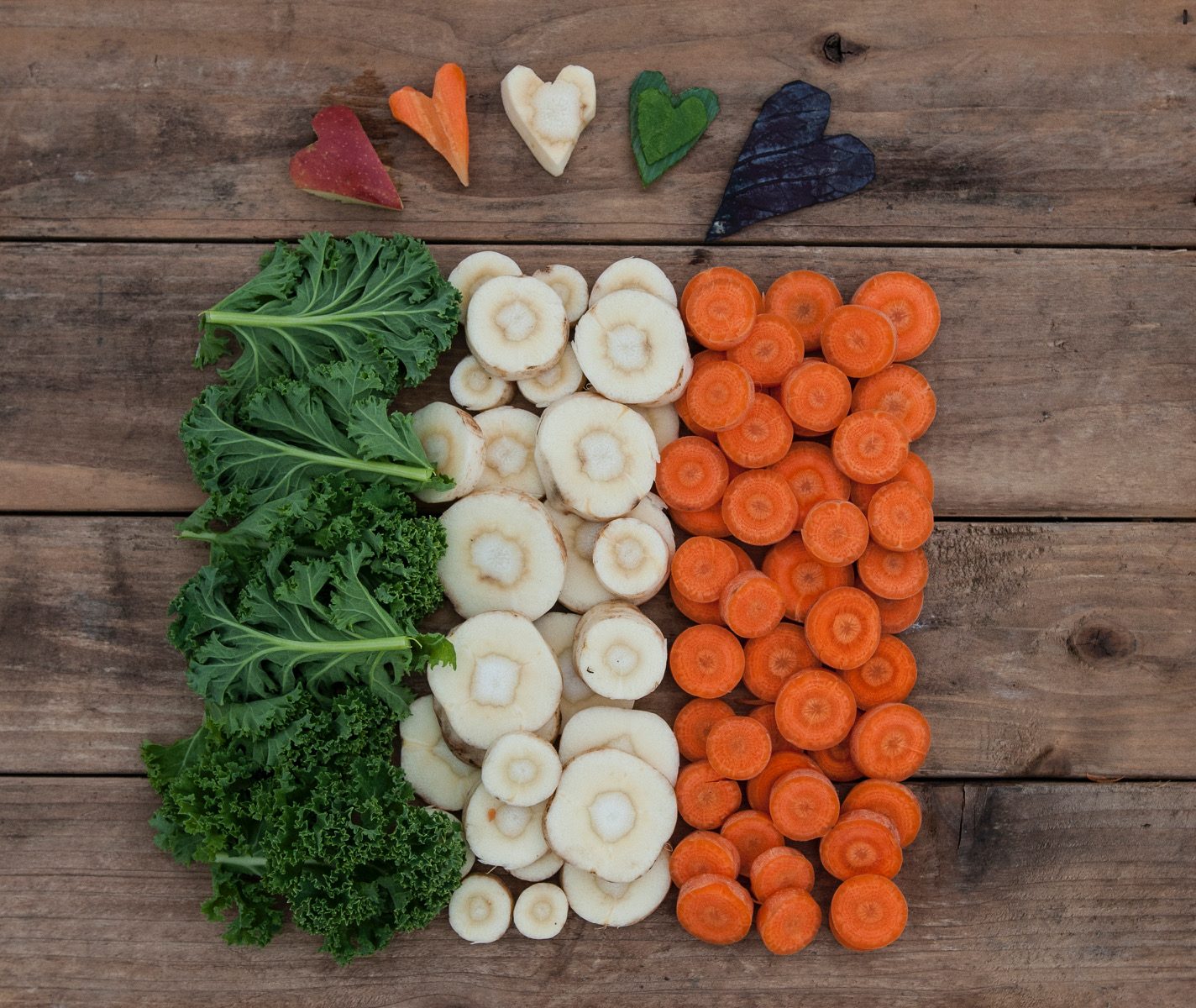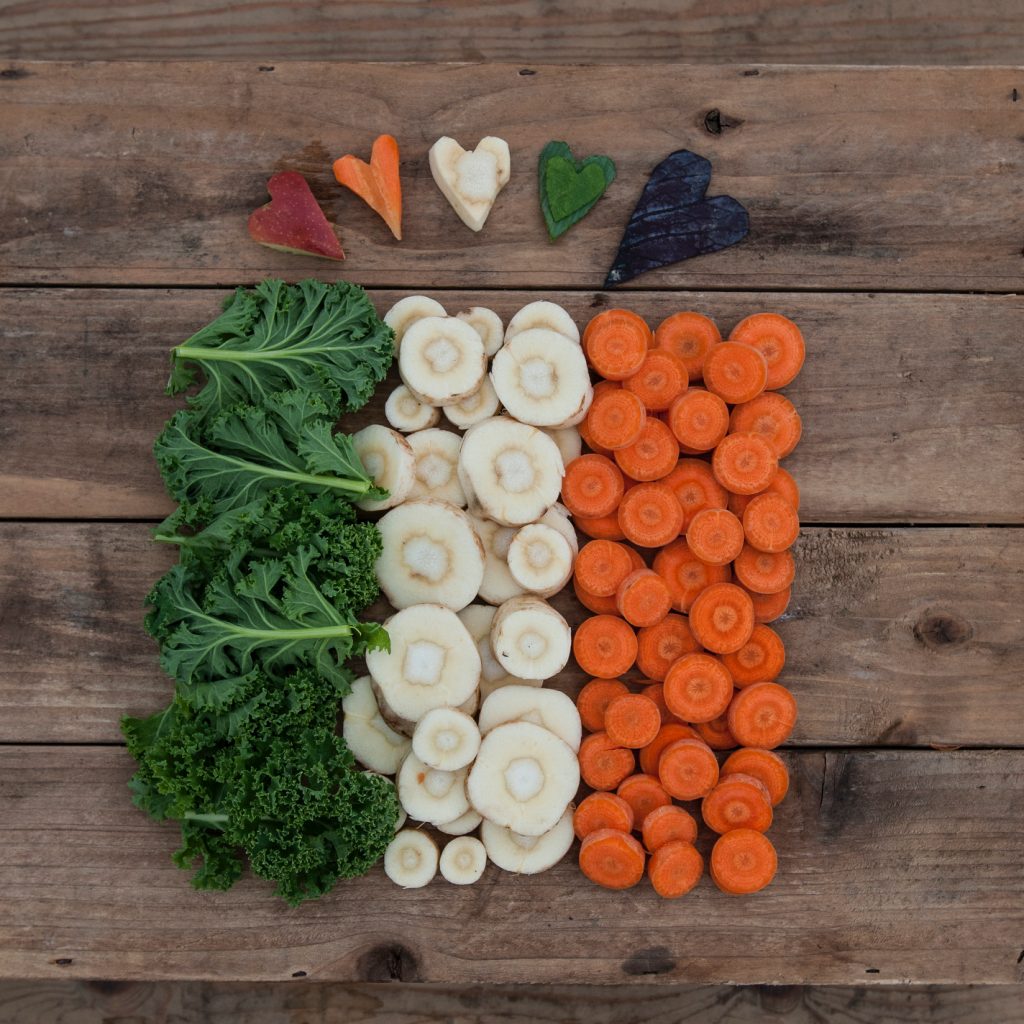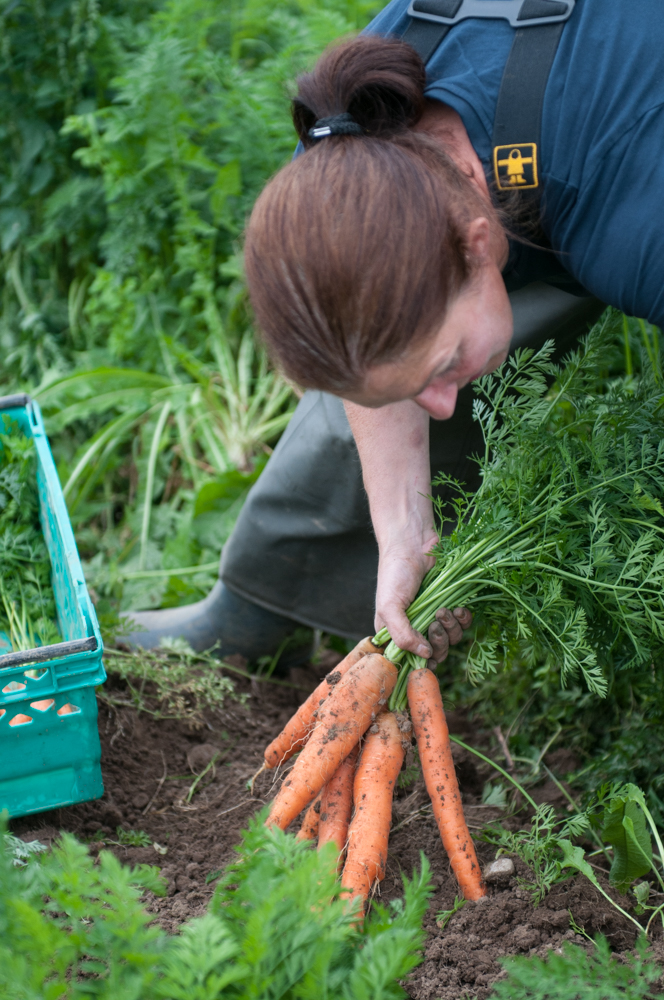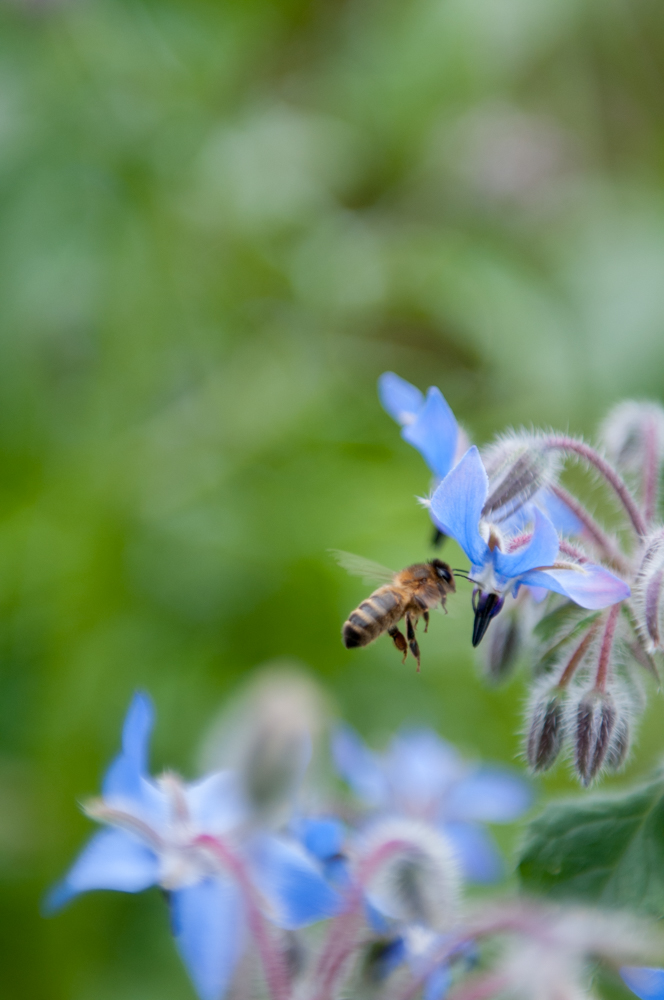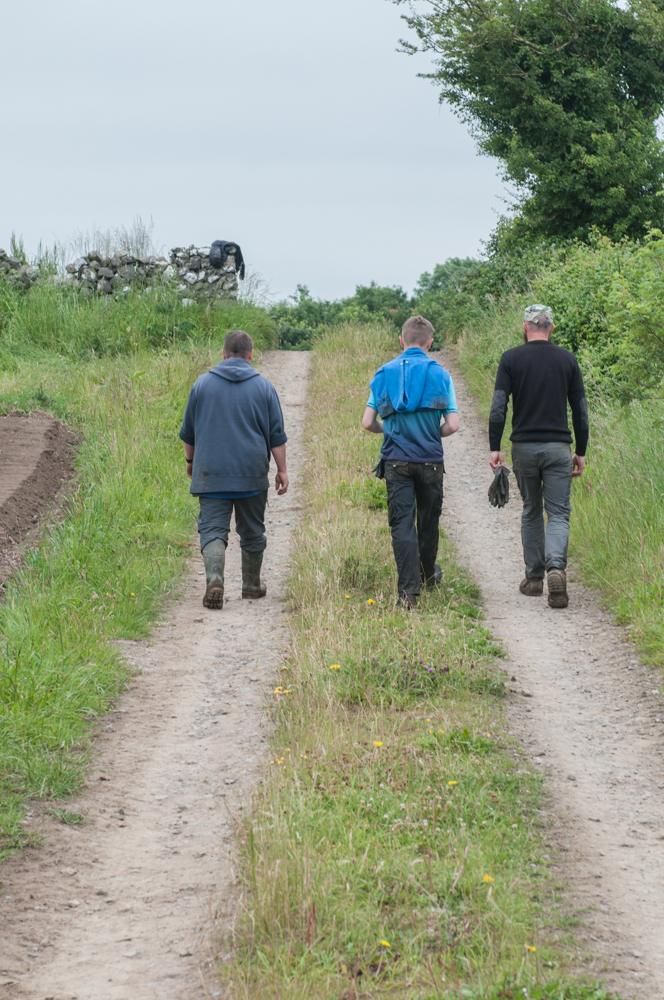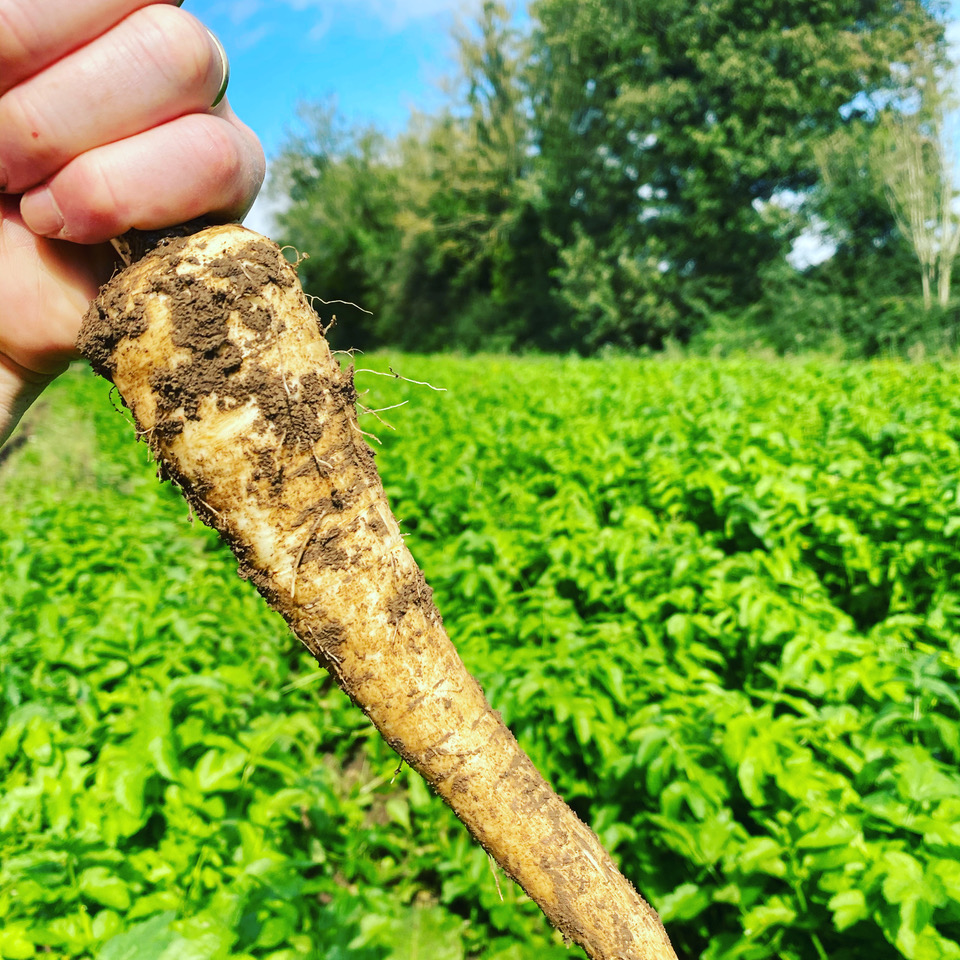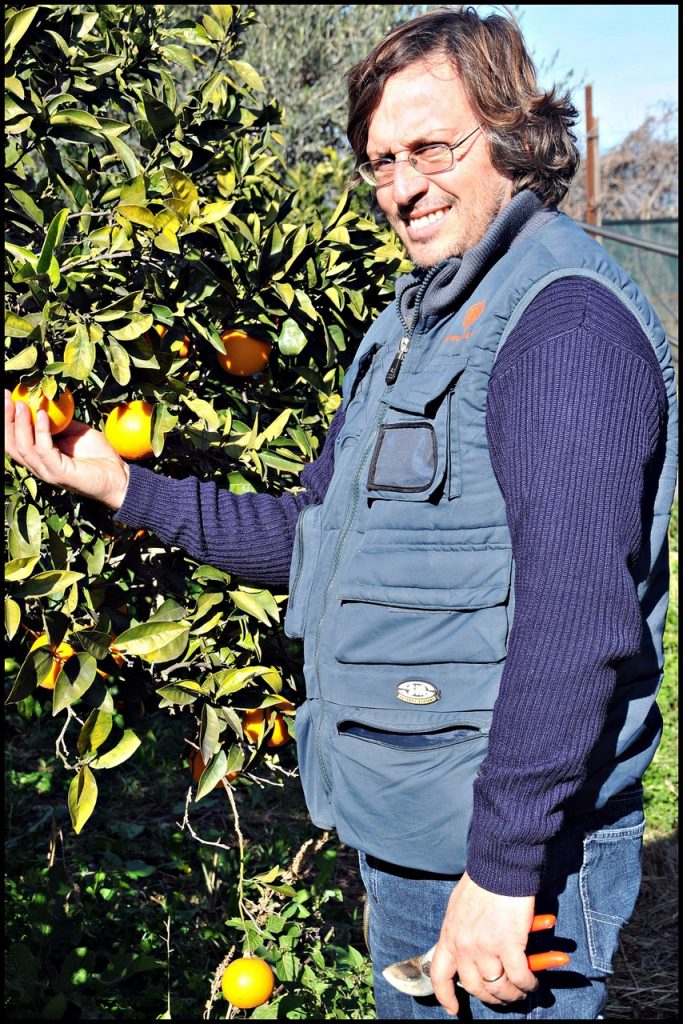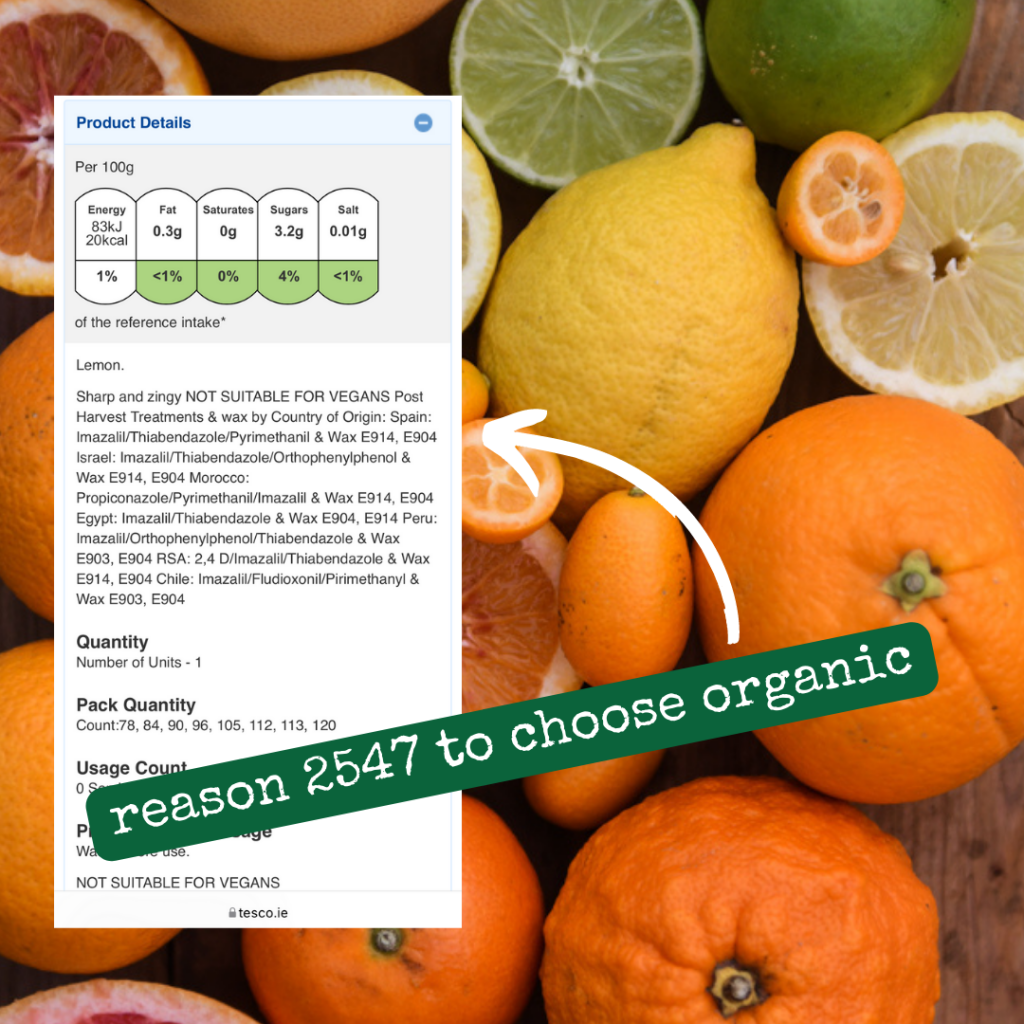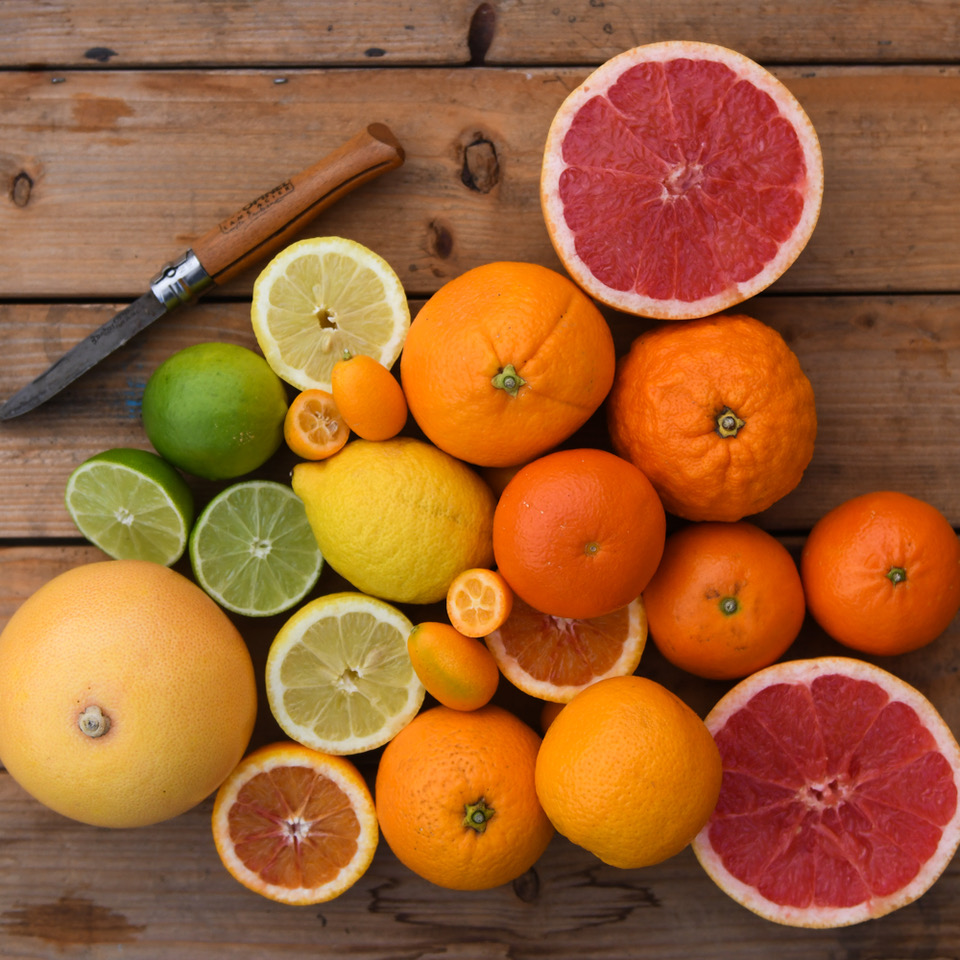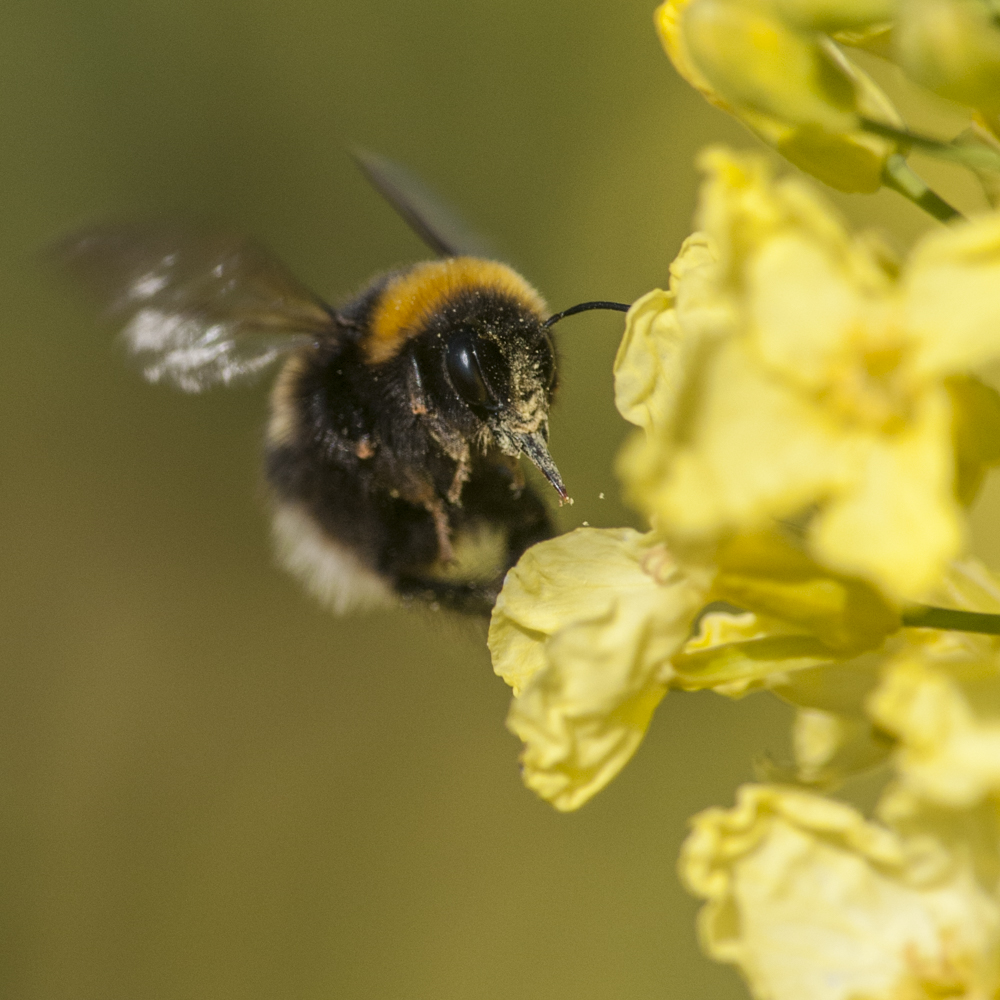
We love our bees here on the farm, to the extent that we grow wildflowers for them and we leave nearly an acre of kale to go to flower just to feed them and we have beehives on our farm too, oh and of course we don’t use any chemicals on the food we produce.
It was many moons ago in a life that was never quite meant to be that I finally realised what it was we needed to do with my grandad’s farm.
You see 20 years ago I was very comfortable working away for the biotech industry in the UK, working in a laboratory researching different chemicals for this and that.
I am a research chemical scientist turned organic farmer and I have a very healthy respect for science. But there is one thing I do not agree with, it just does not make any sense to me, and that is the whole scale blanket application of chemicals on our food.
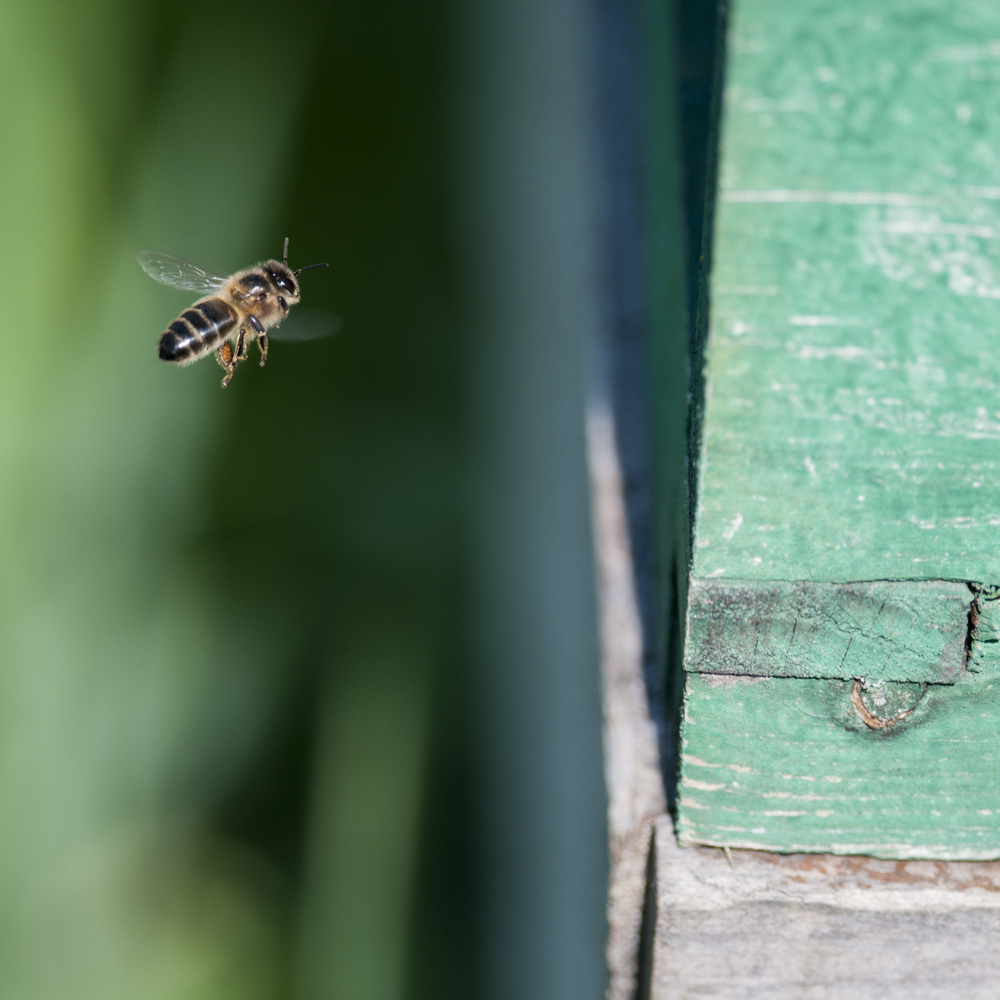
Chemicals that are meant for a laboratory should stay there, and if they are toxic to some life then generally speaking, they will be toxic to other life, it isn’t even that chemicals are ‘bad’ it is the prevalence and ubiquity of them in our food chain and our environment that is harmful.
They are in our food, and they are not good for us, but they are not good for life in the countryside either, they really aren’t. Take a family of chemicals called the neonicotinoids deemed safe for years but then it was found that they do irreparable damage to bees and other insects. How on any level can using a chemical like that as a blanket spray across our countryside be justified?
Many of these chemicals too do not just sit on the outside of the plant they are systemic by nature. That simply means they are absorbed into the plant and do their damage from the inside out, washing veg and fruit doesn’t remove them.
Some produce are more heavily sprayed that others and two that regularly feature in the ‘dirty dozen’ are kale and spinach which is ironic as both grow very well in organic systems. Eating organic of course is one of the easiest and best ways to avoid this unhealthy exposure.
You see it is possible to grow great food without the use of chemicals, it is a little harder, it takes a little more attention and planning, it requires more labour but isn’t it worth it in the end?
Surely the production of food in a way that contributes to our health and the health of the planet, a way that enhances and protects biodiversity, a way that encourages working with nature rather than against it, a way that gives the bees on our planet a lifeline, surely this must be the best, no scratch that, the only, way to grow food?
So maybe it is time to take good hard look at how we produce our food and embrace a better more positive way, because in the end we are what we eat.
Kenneth
